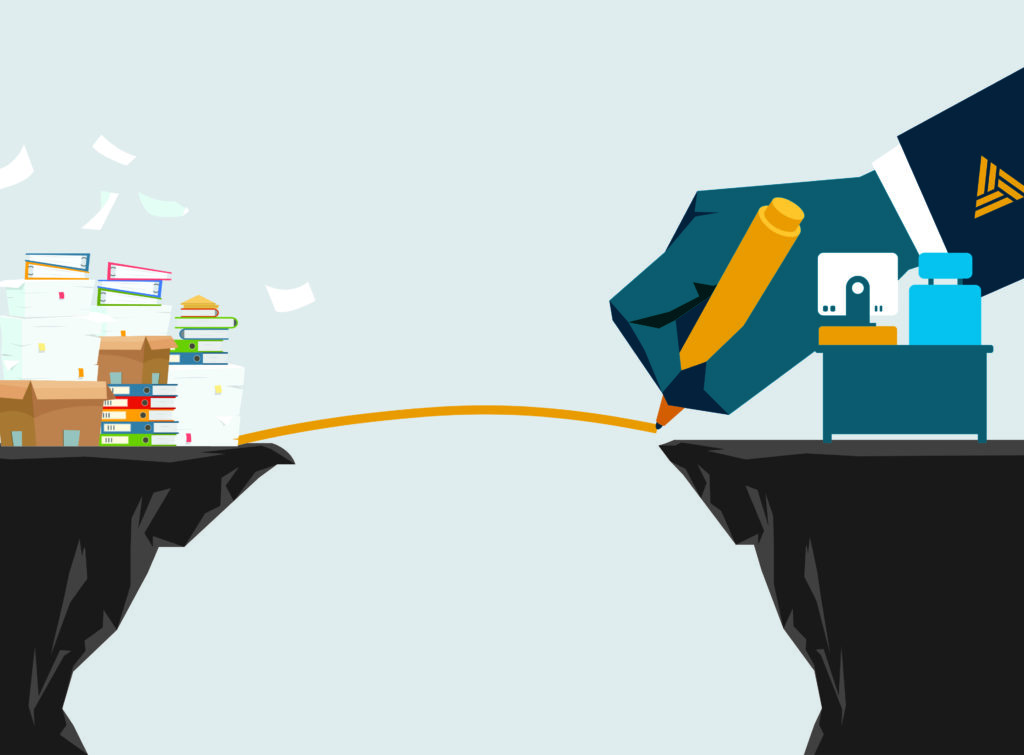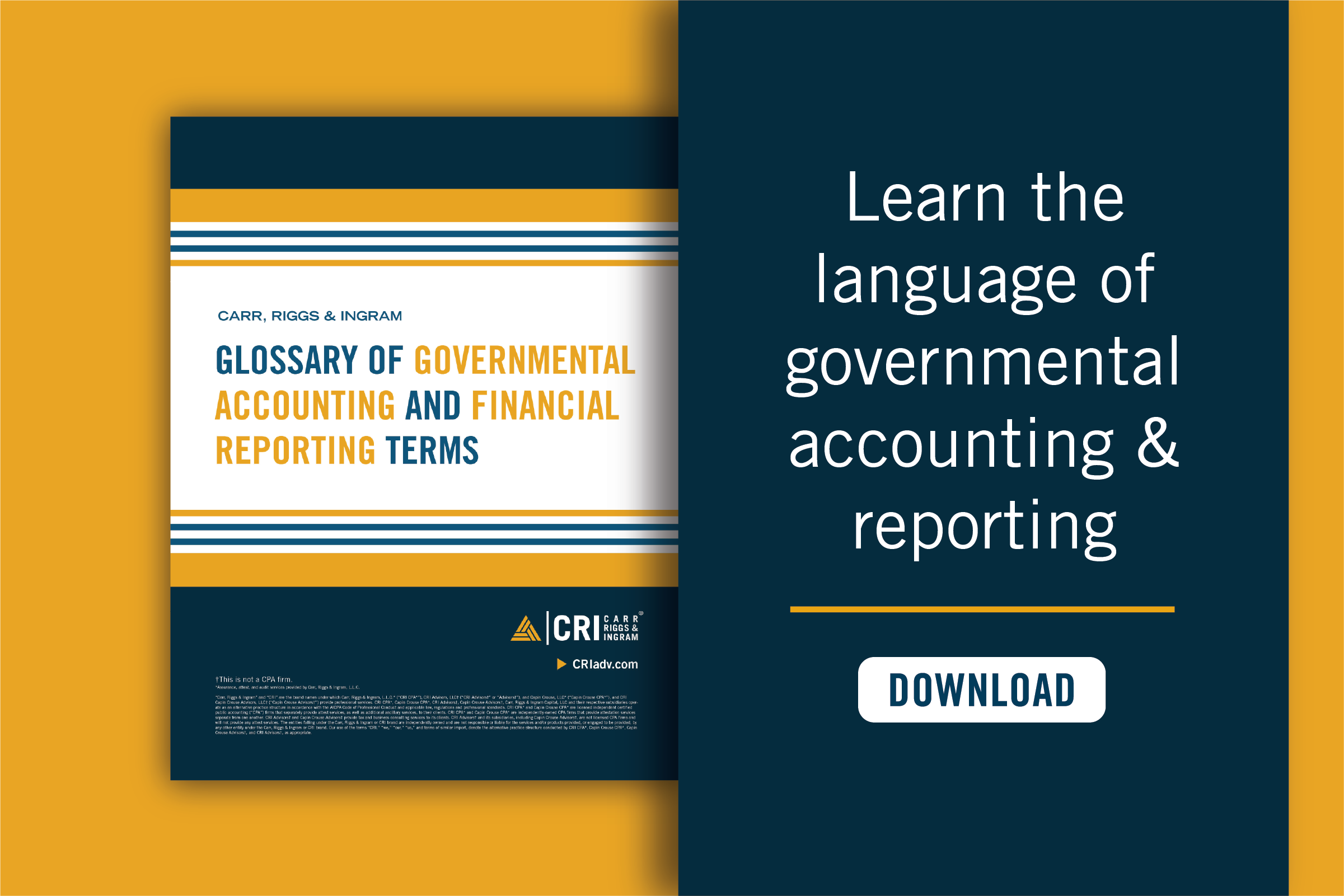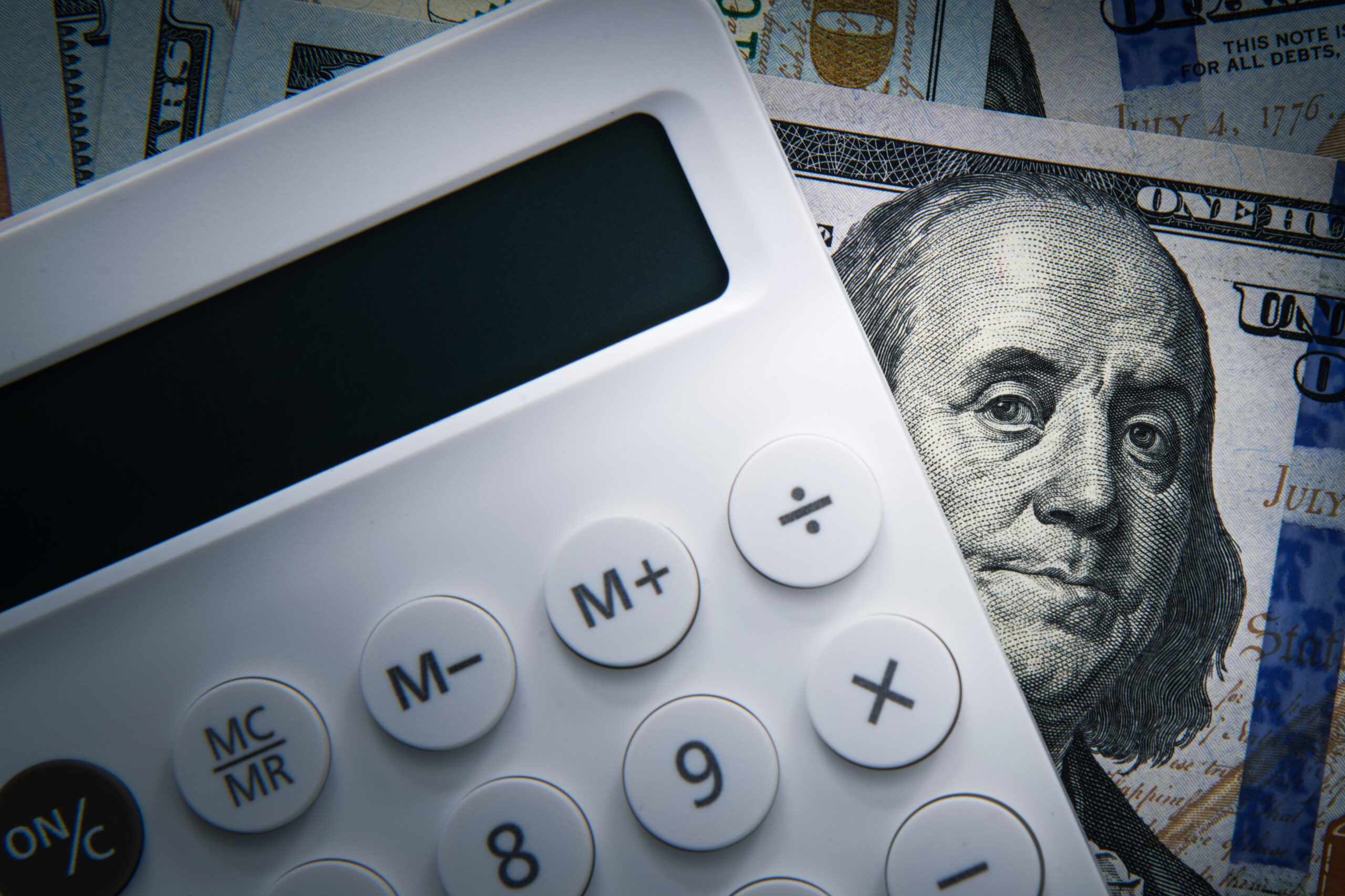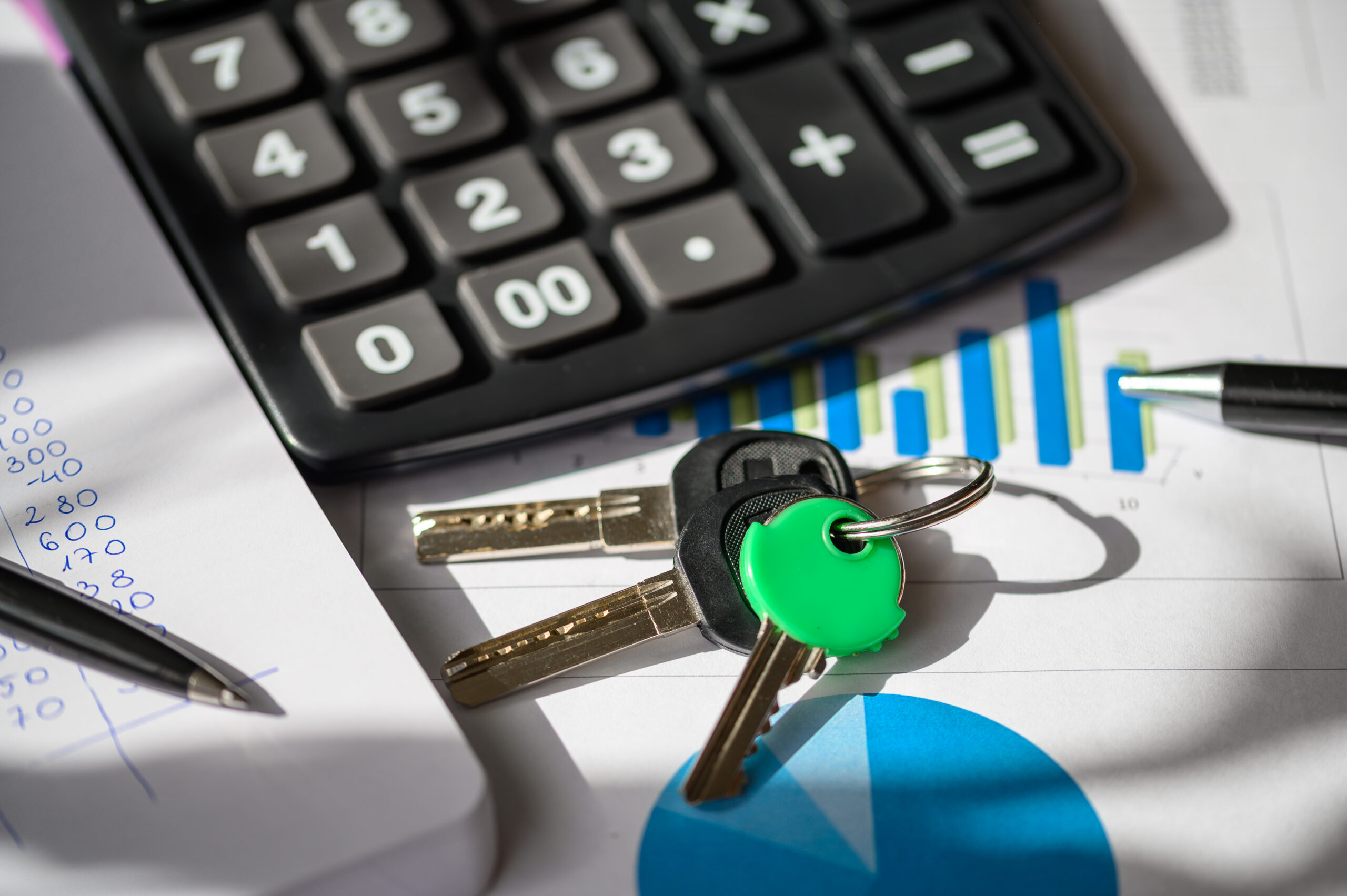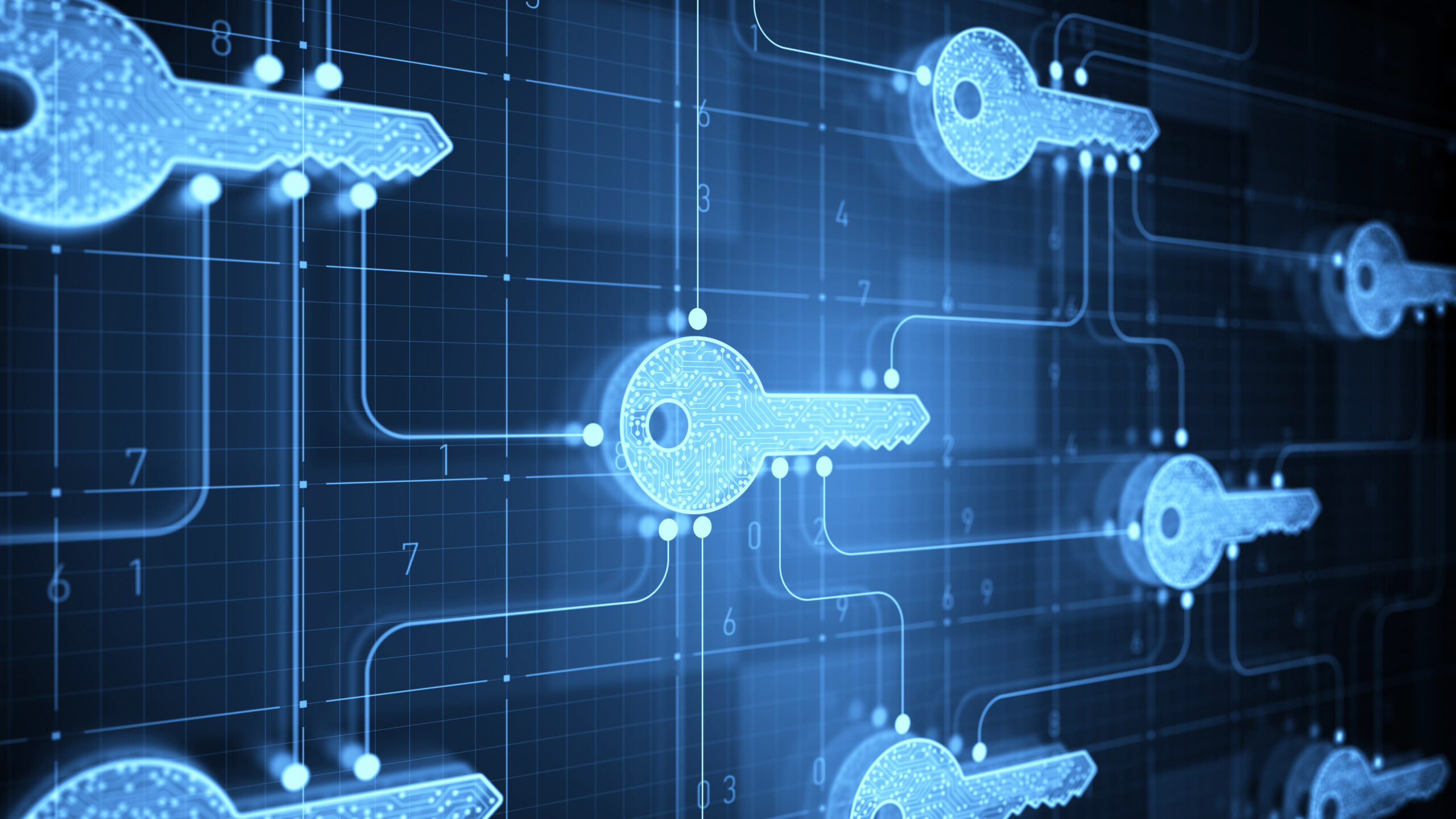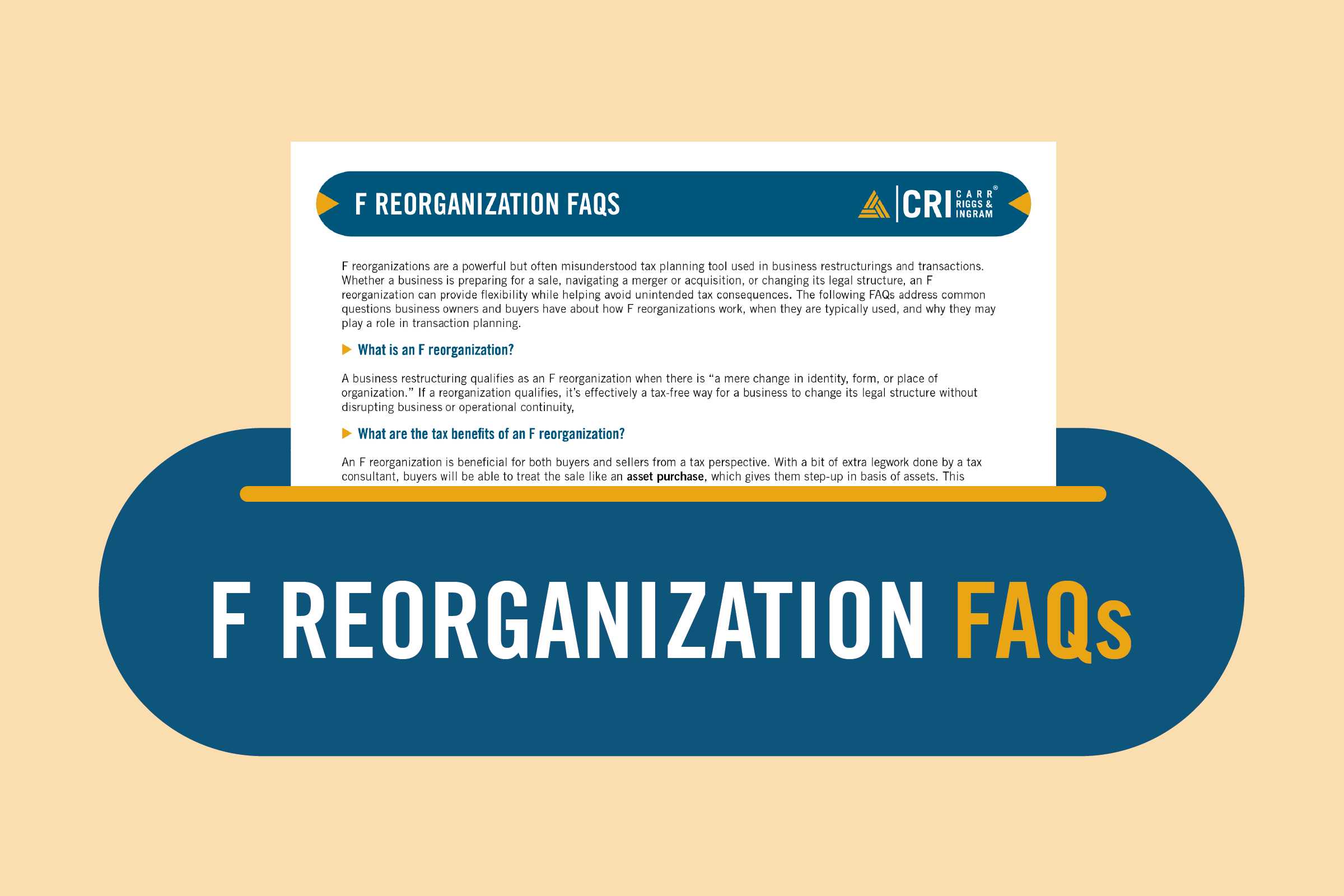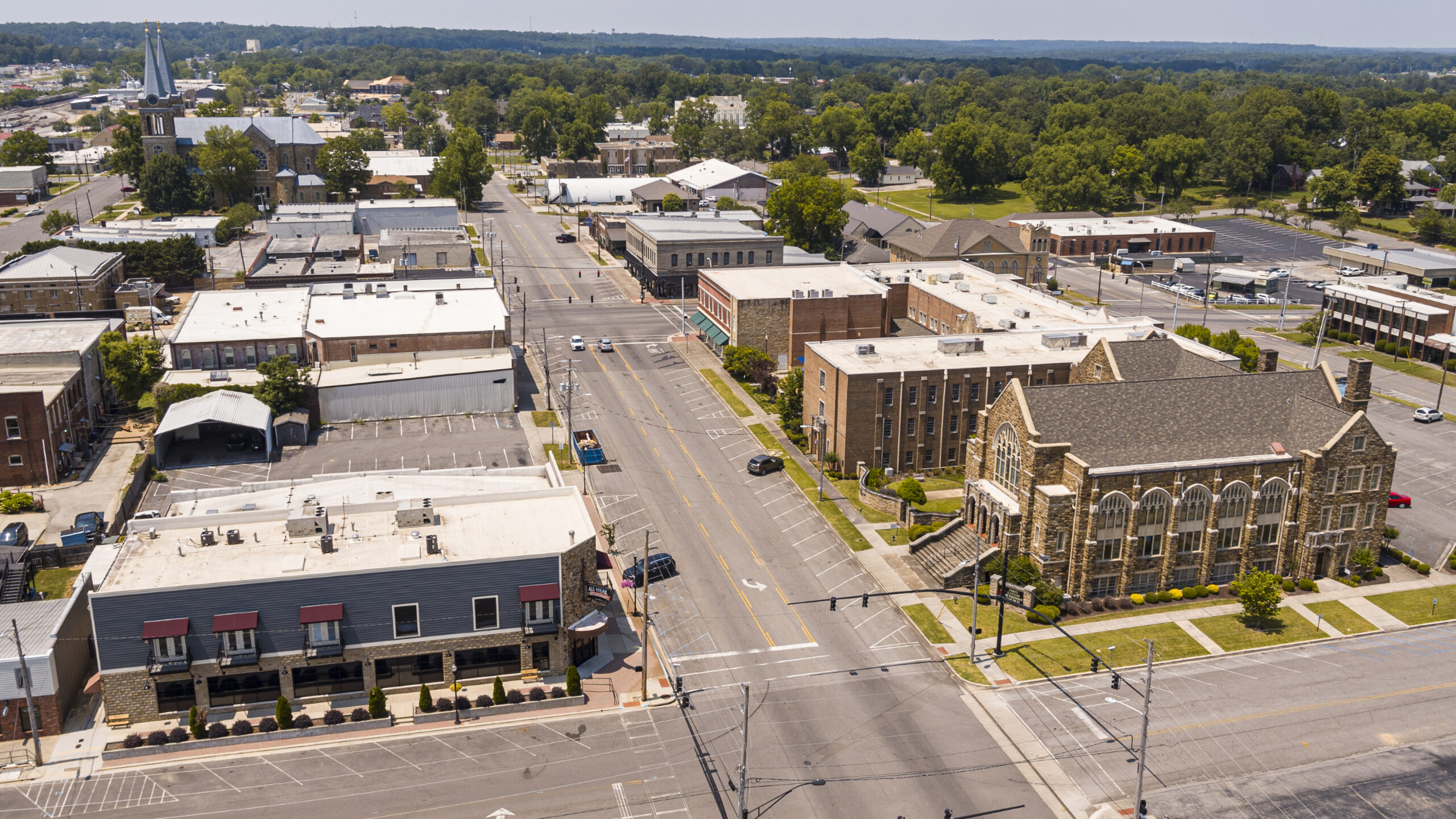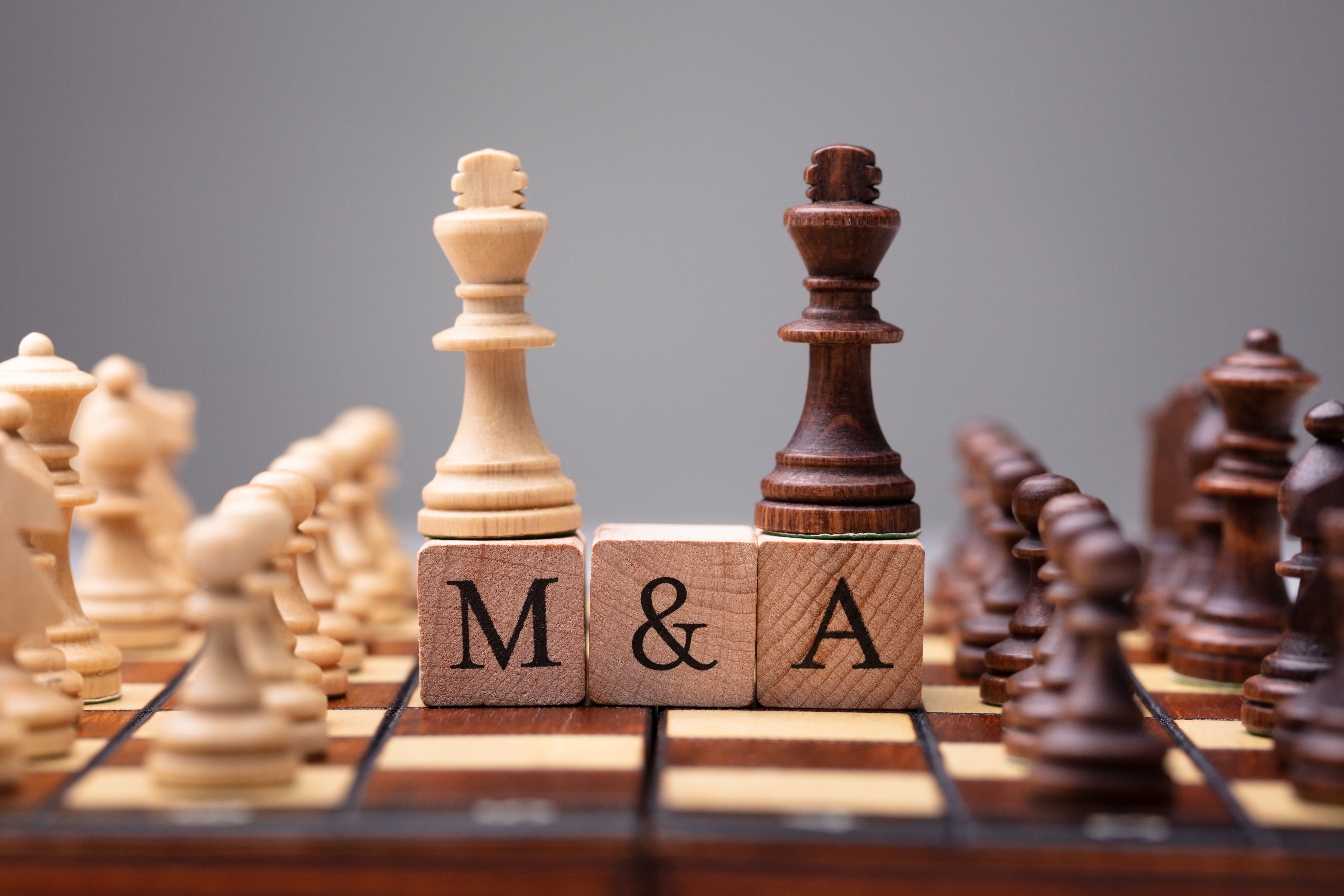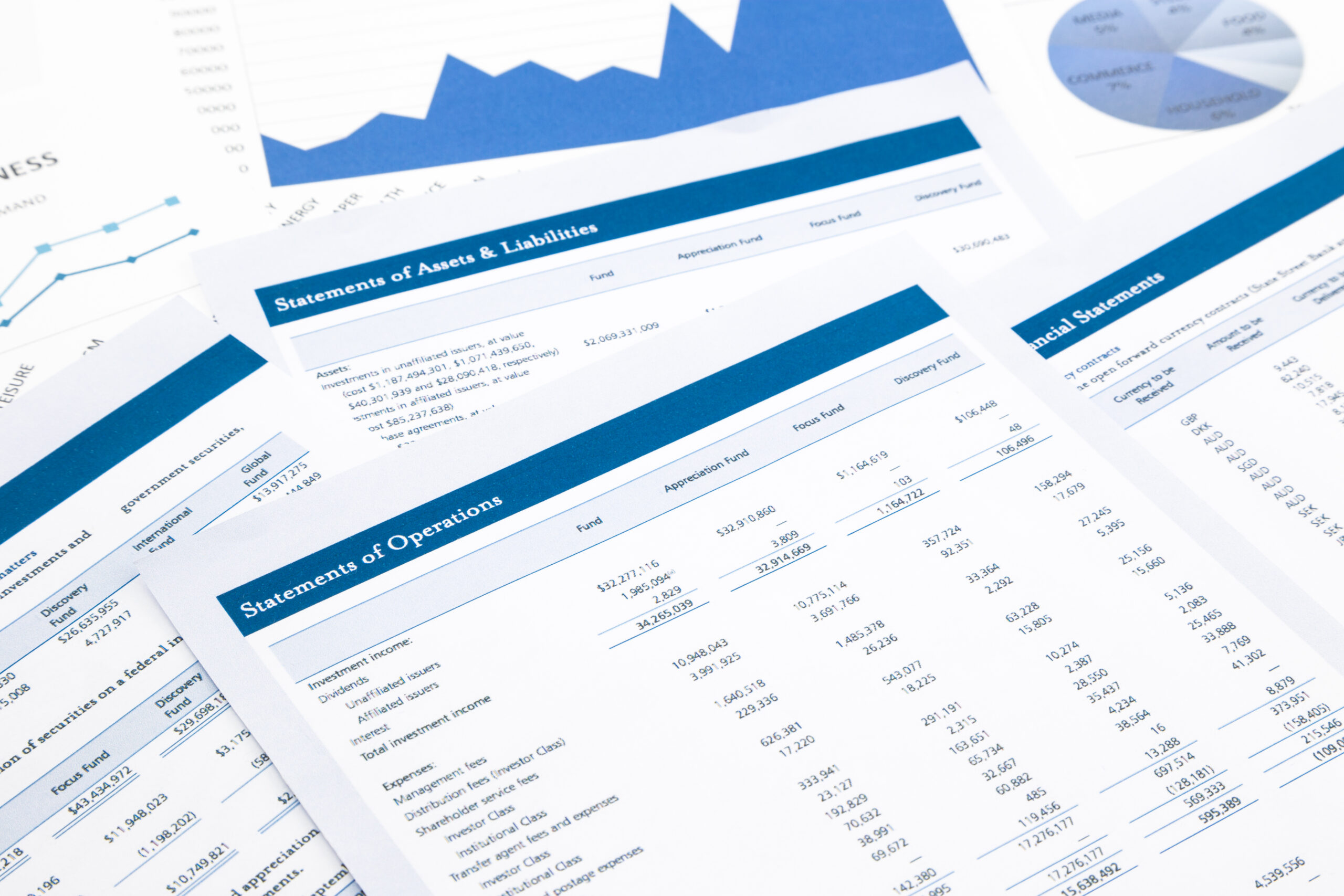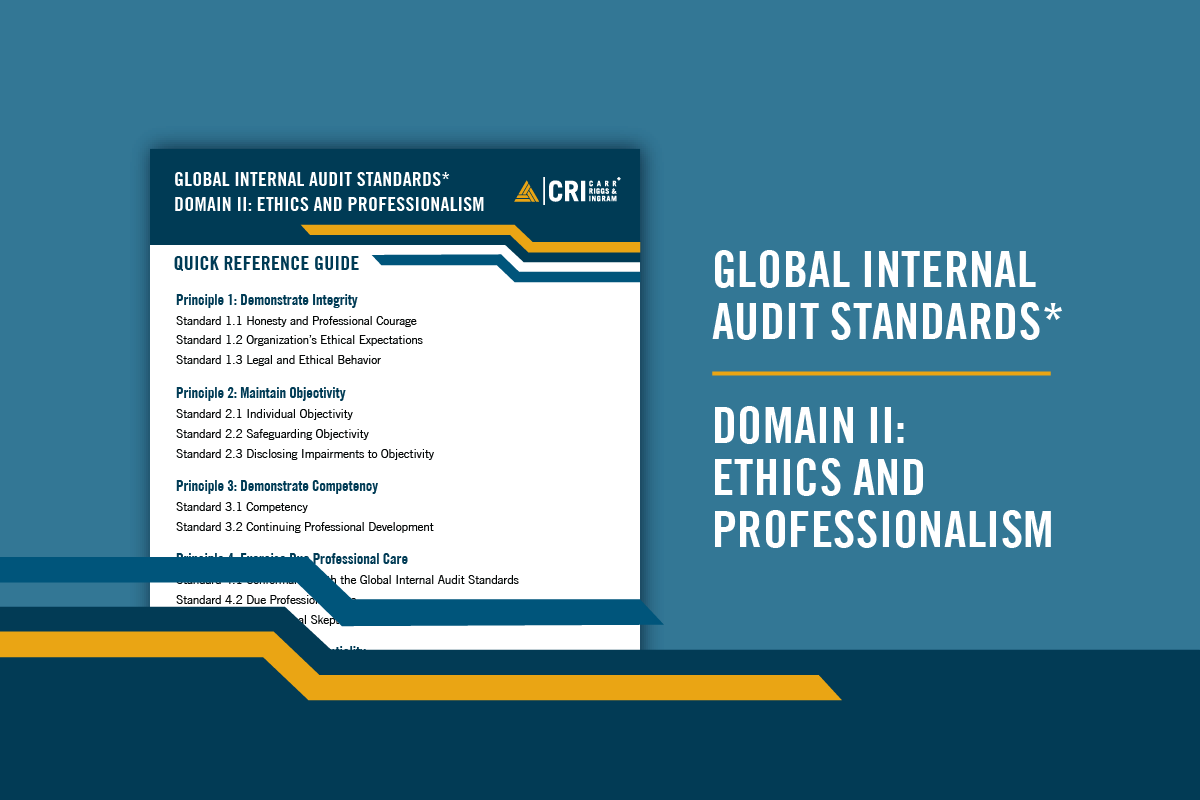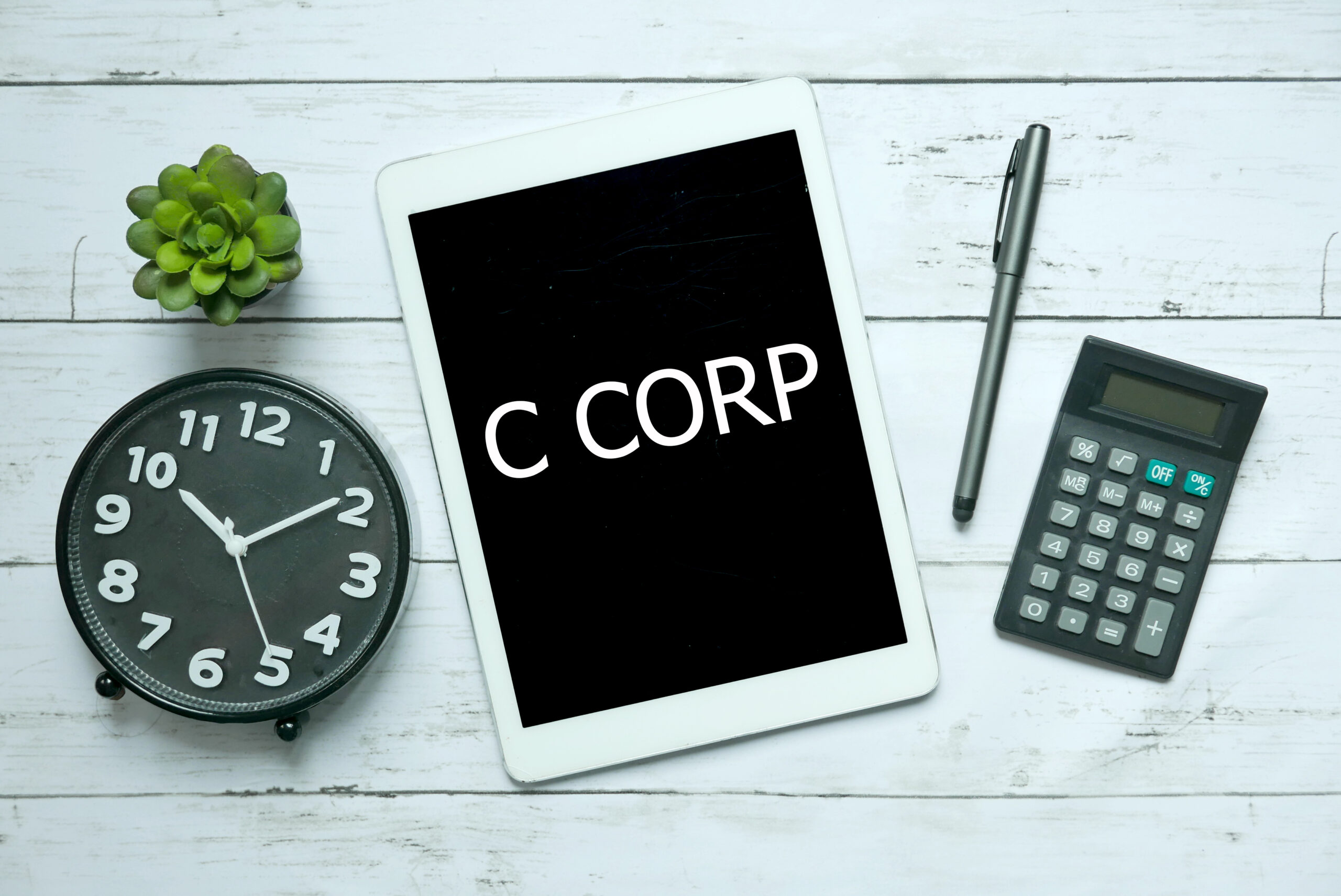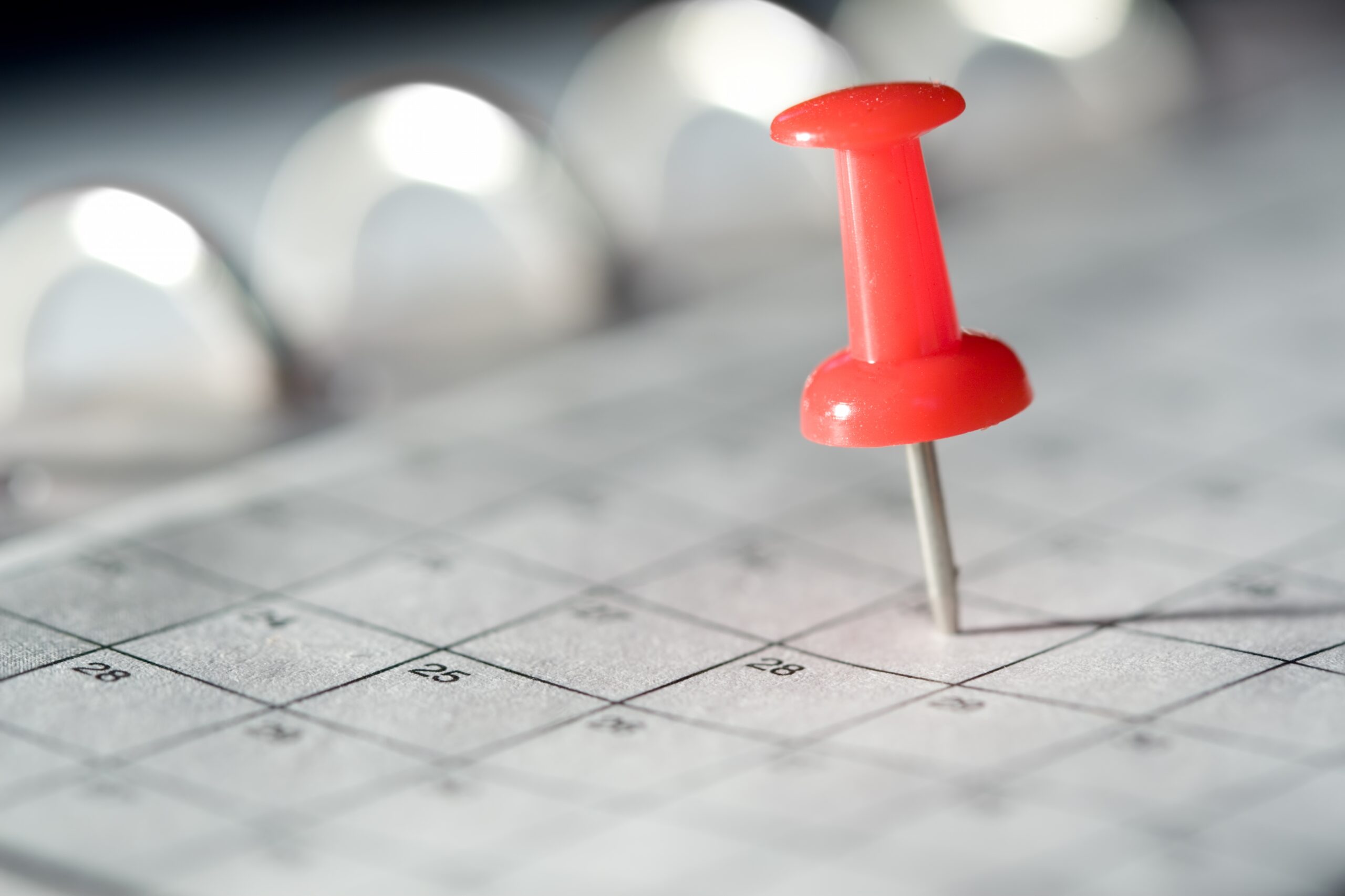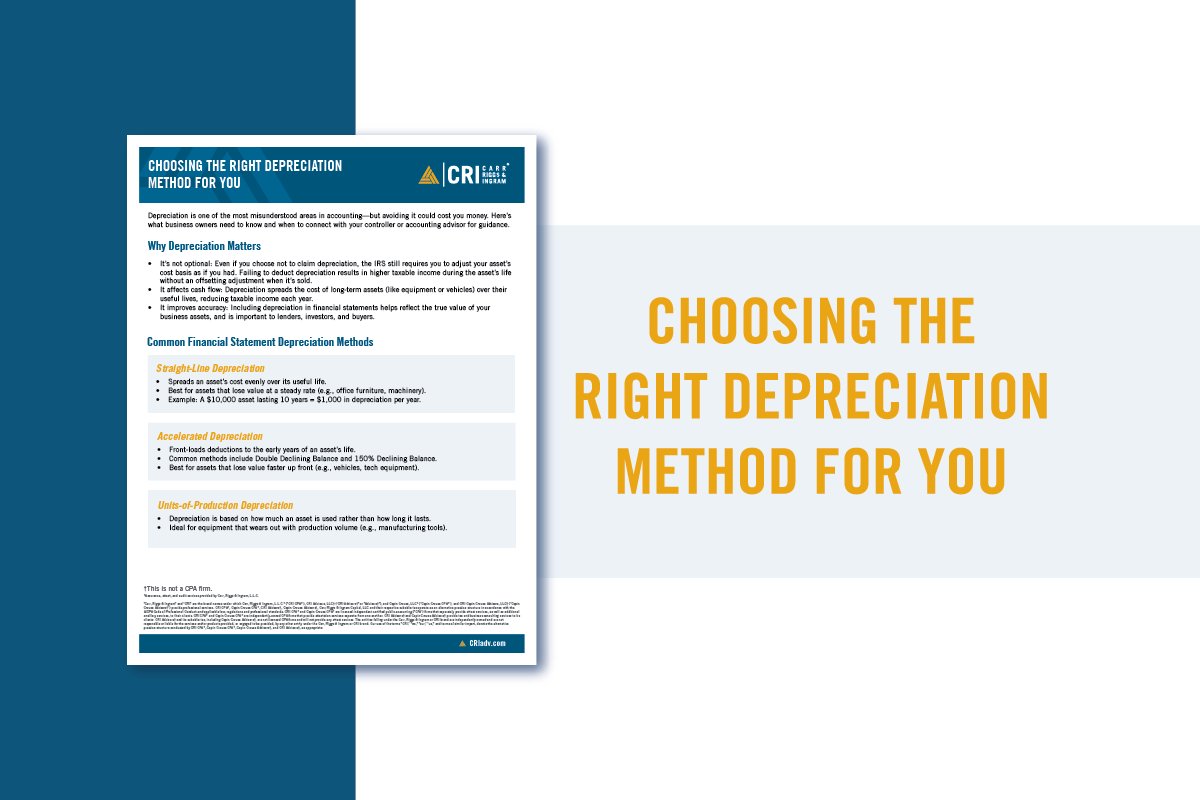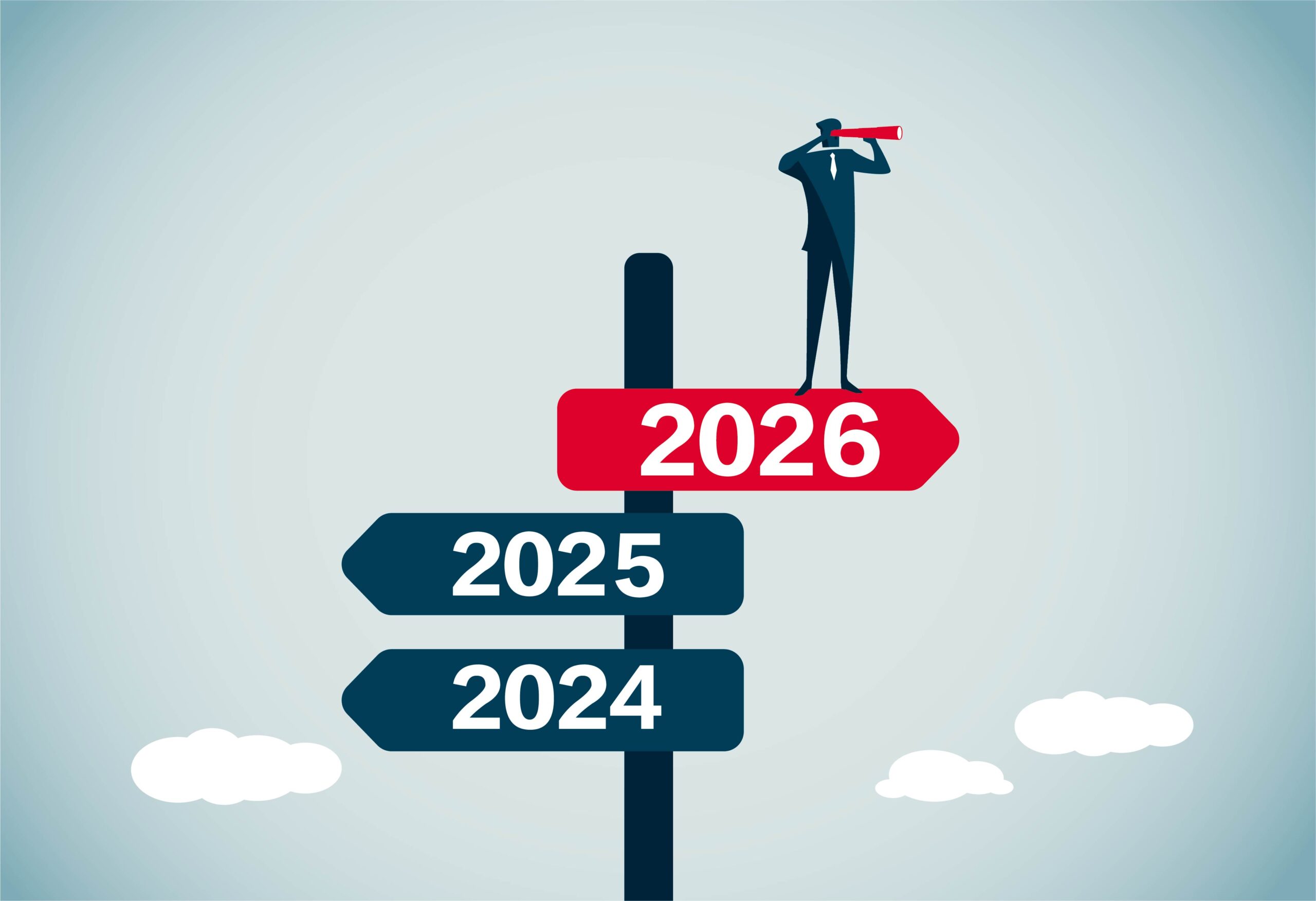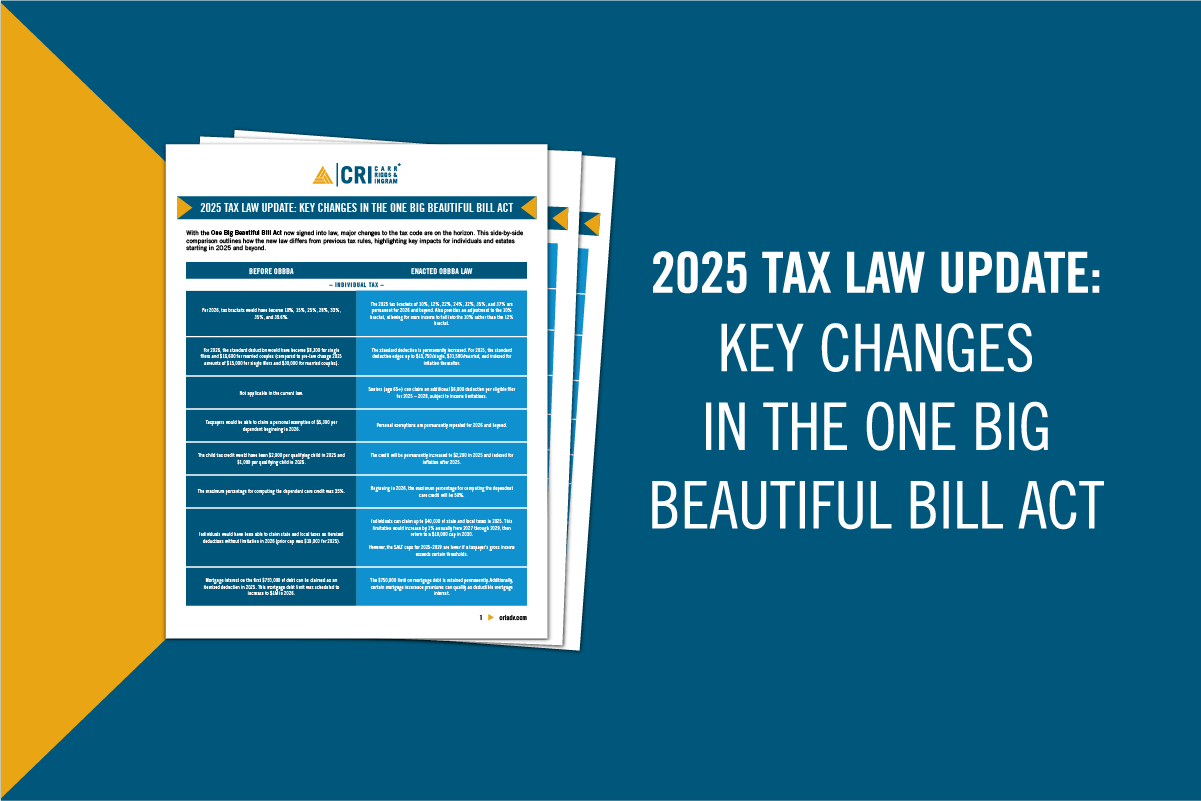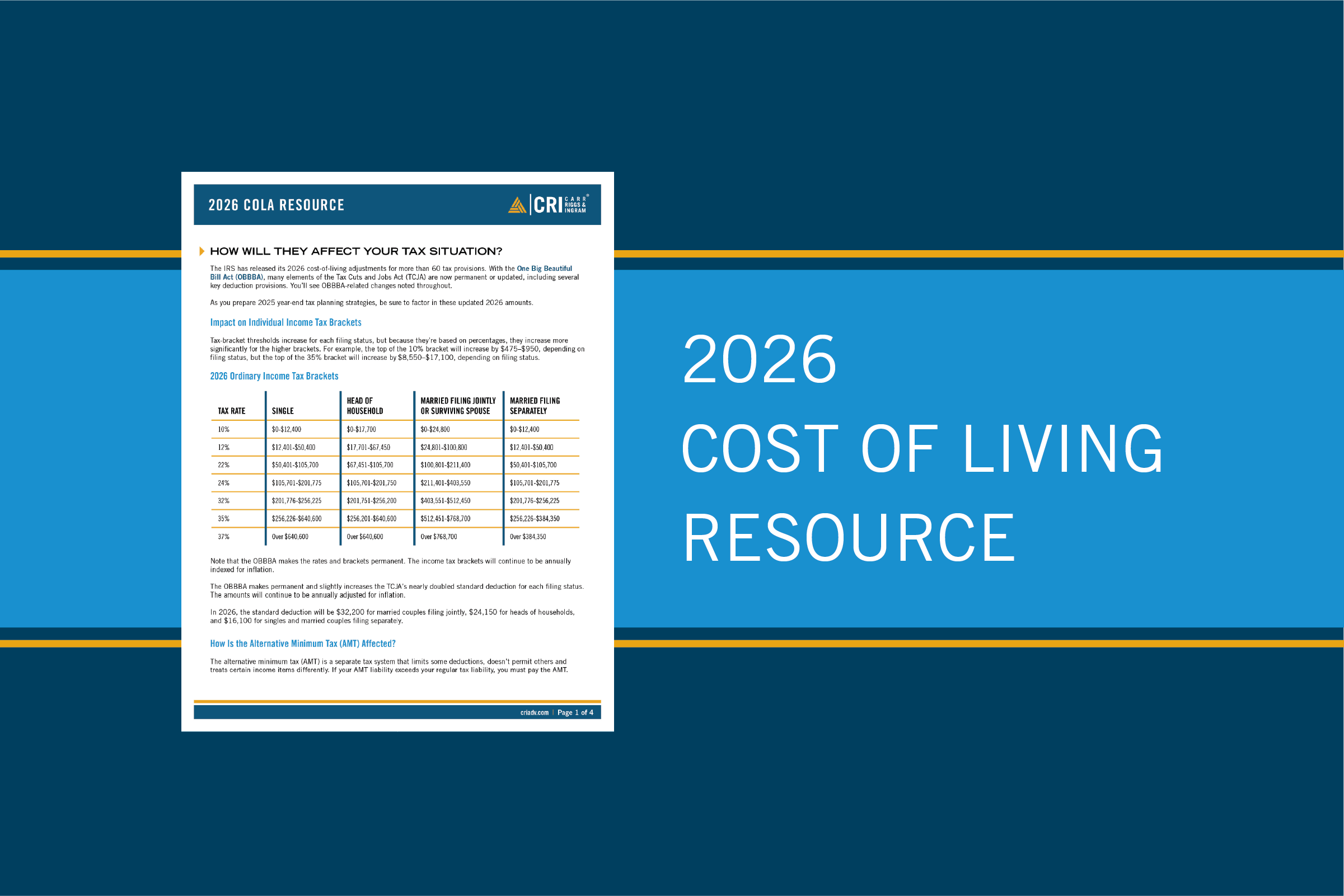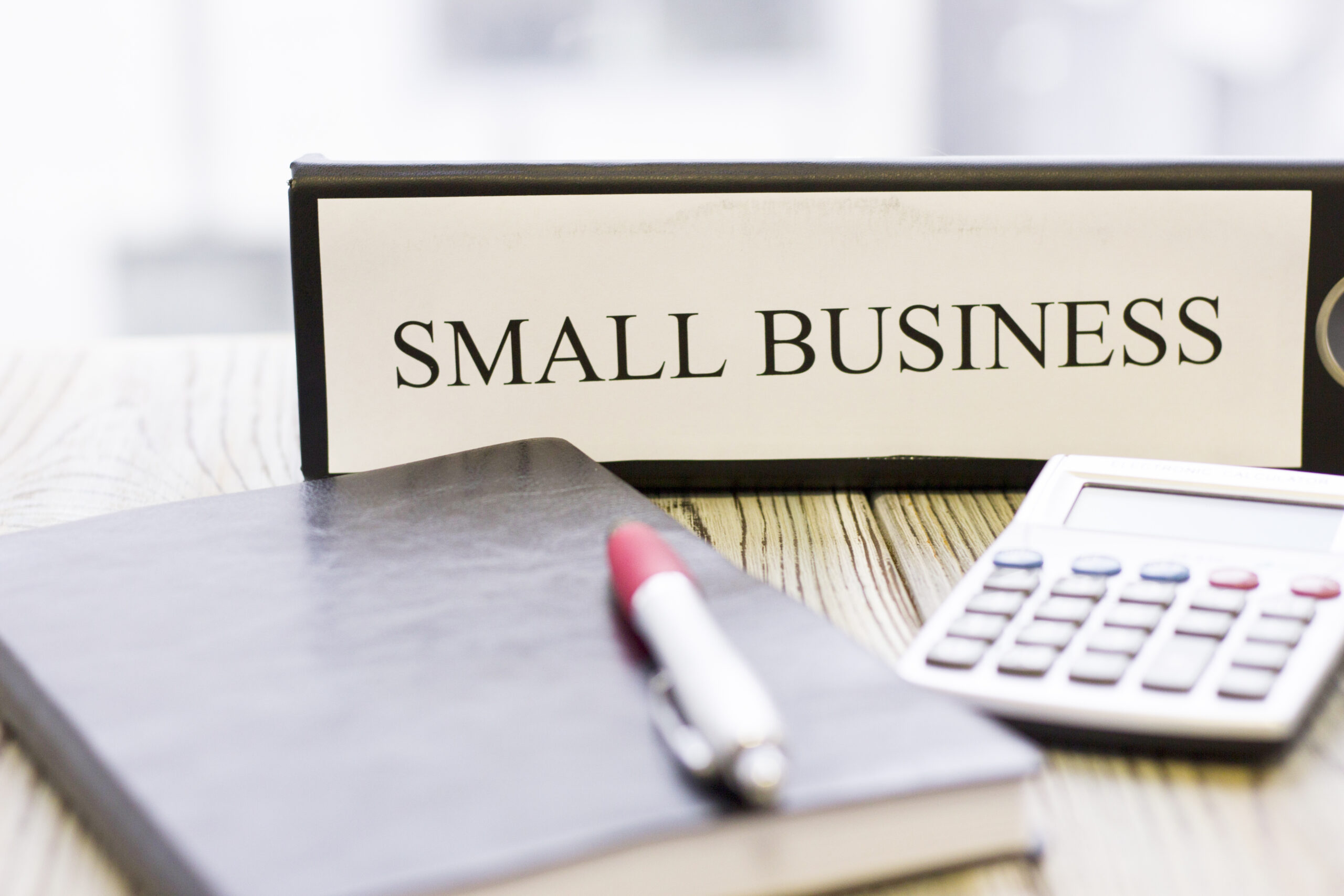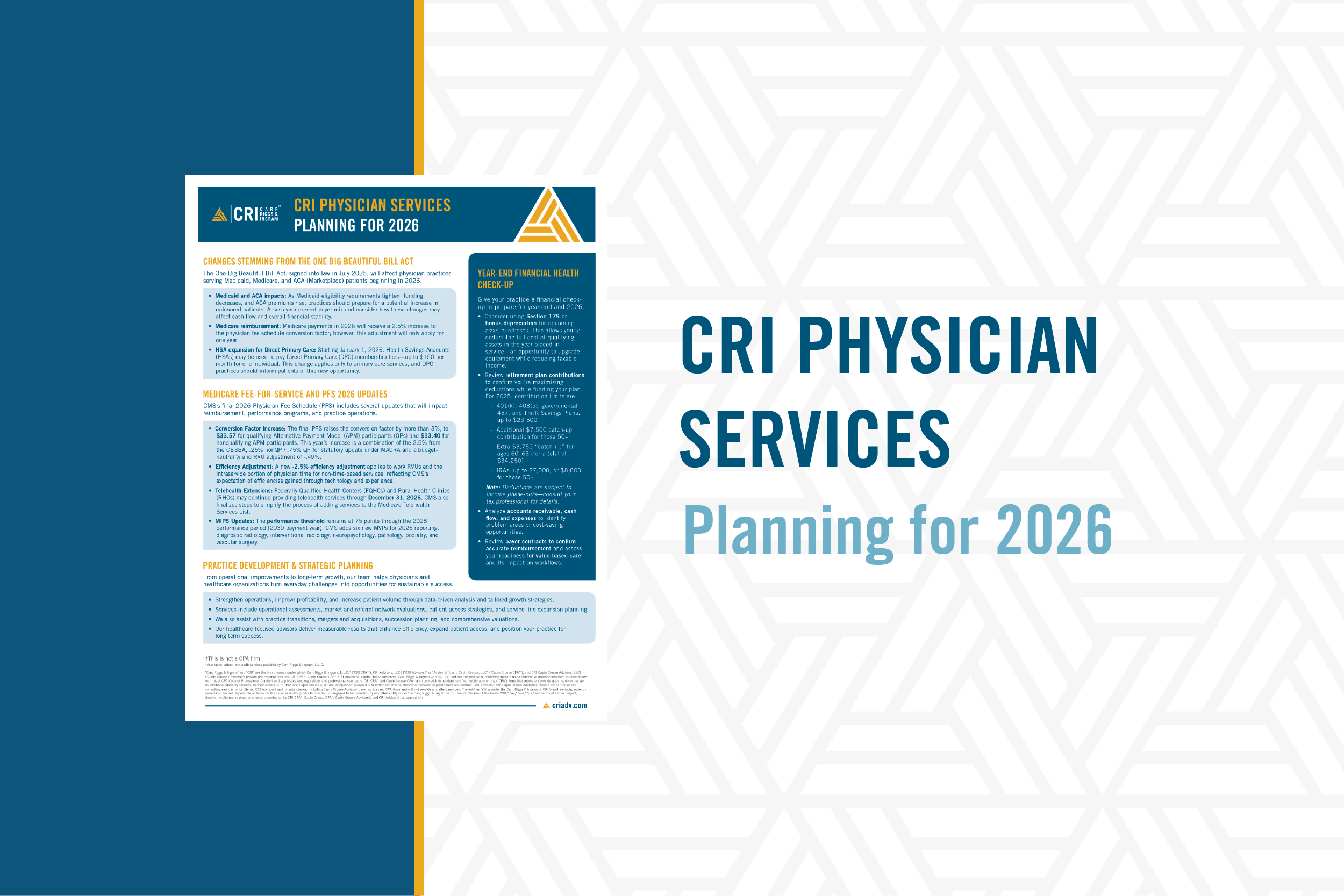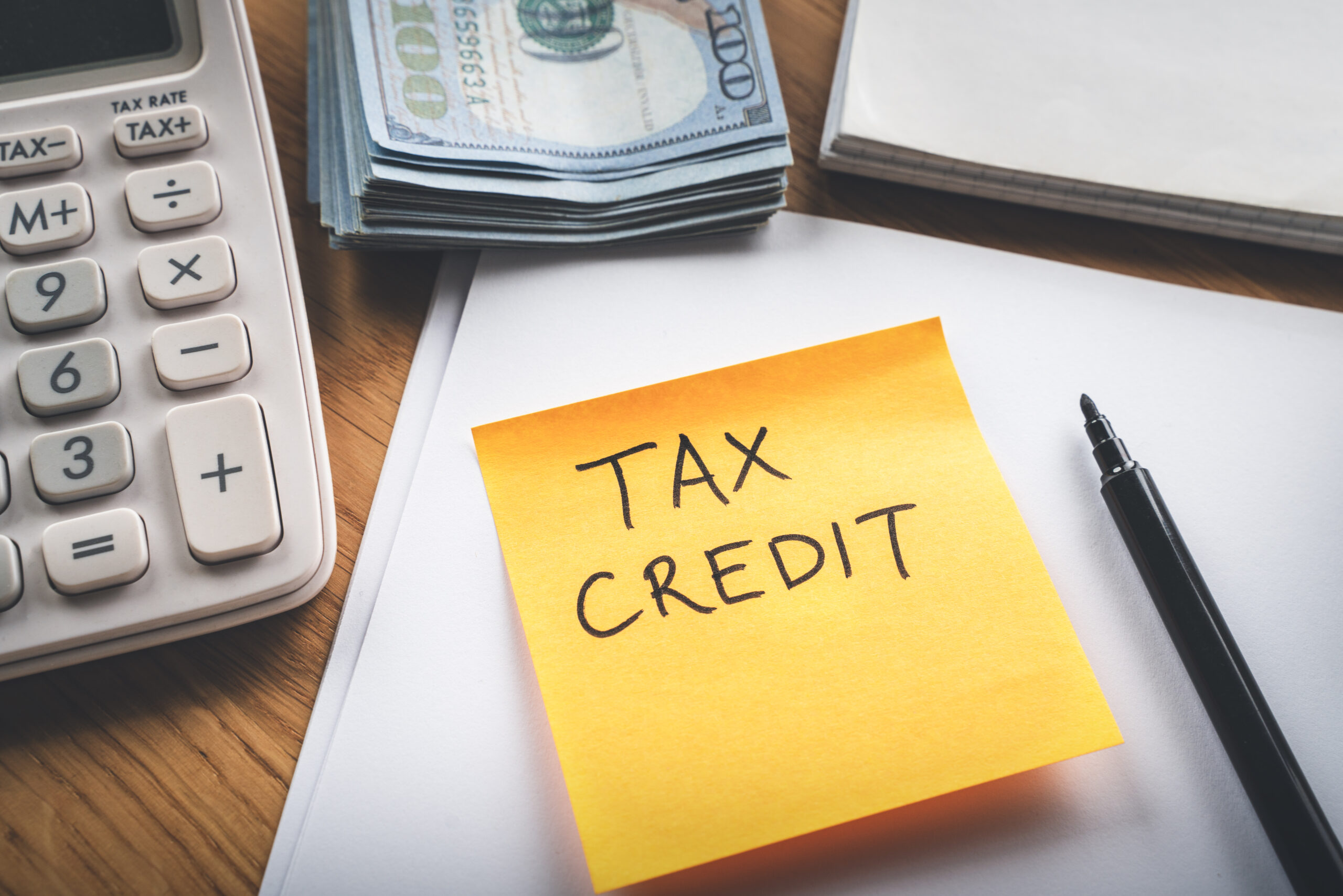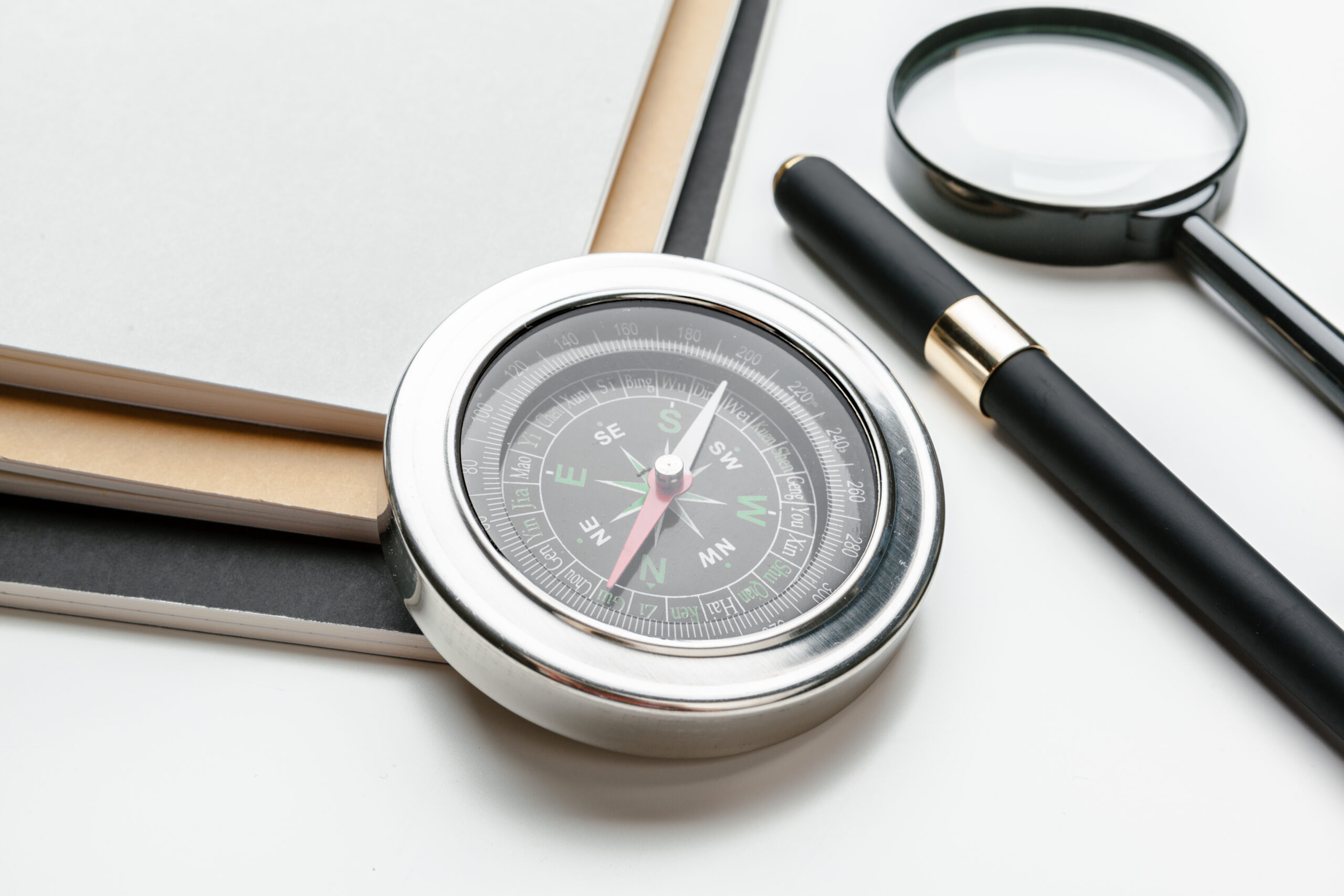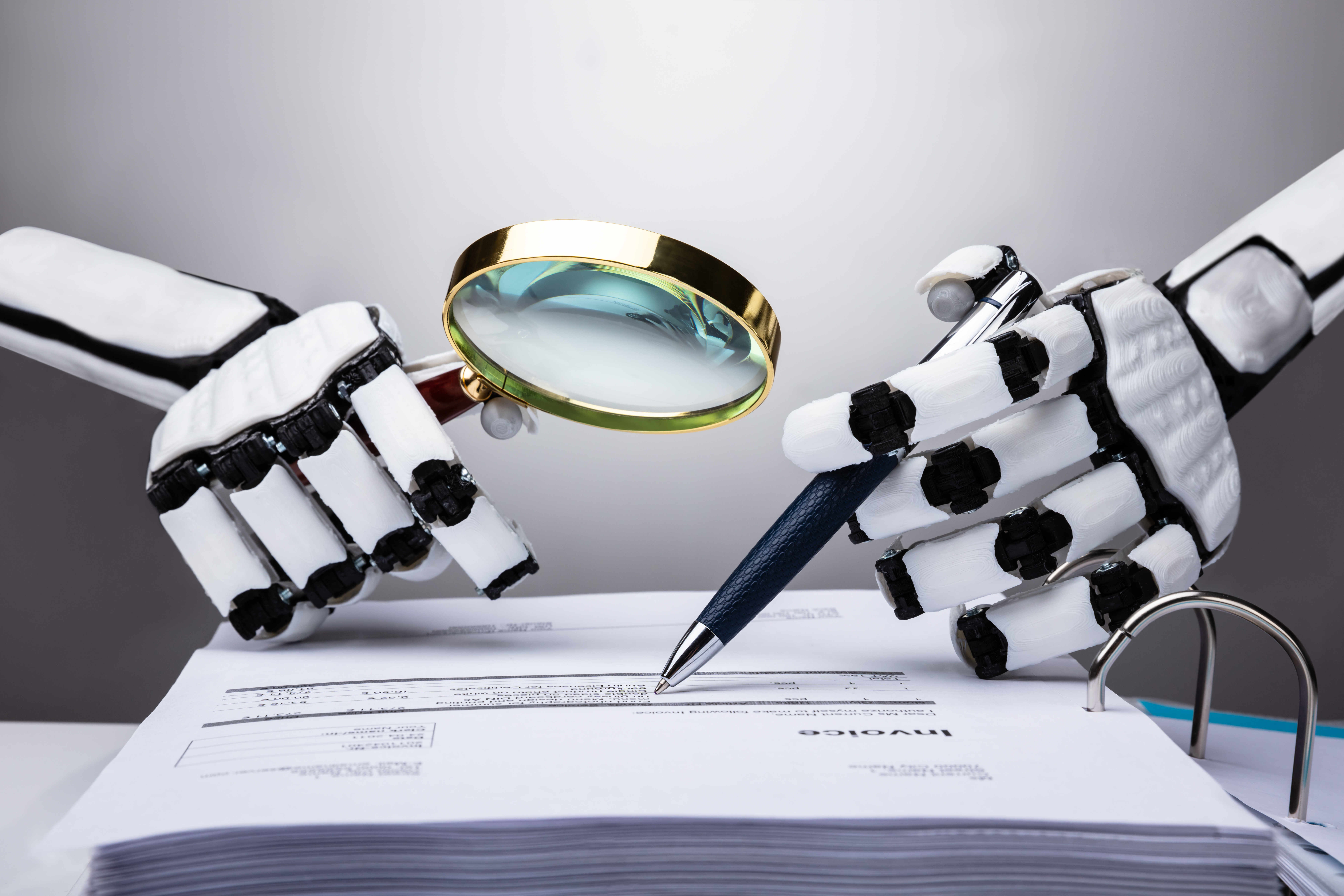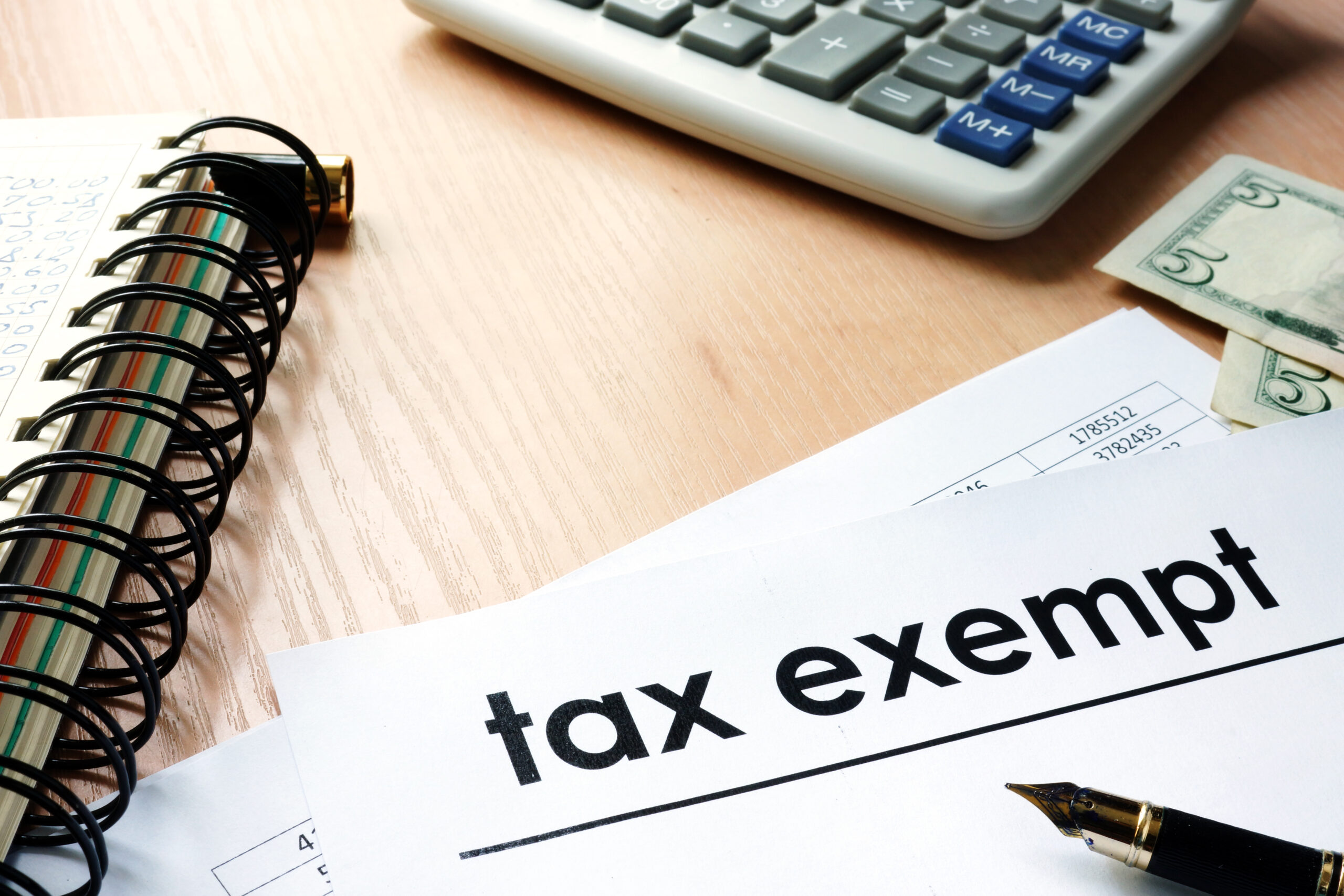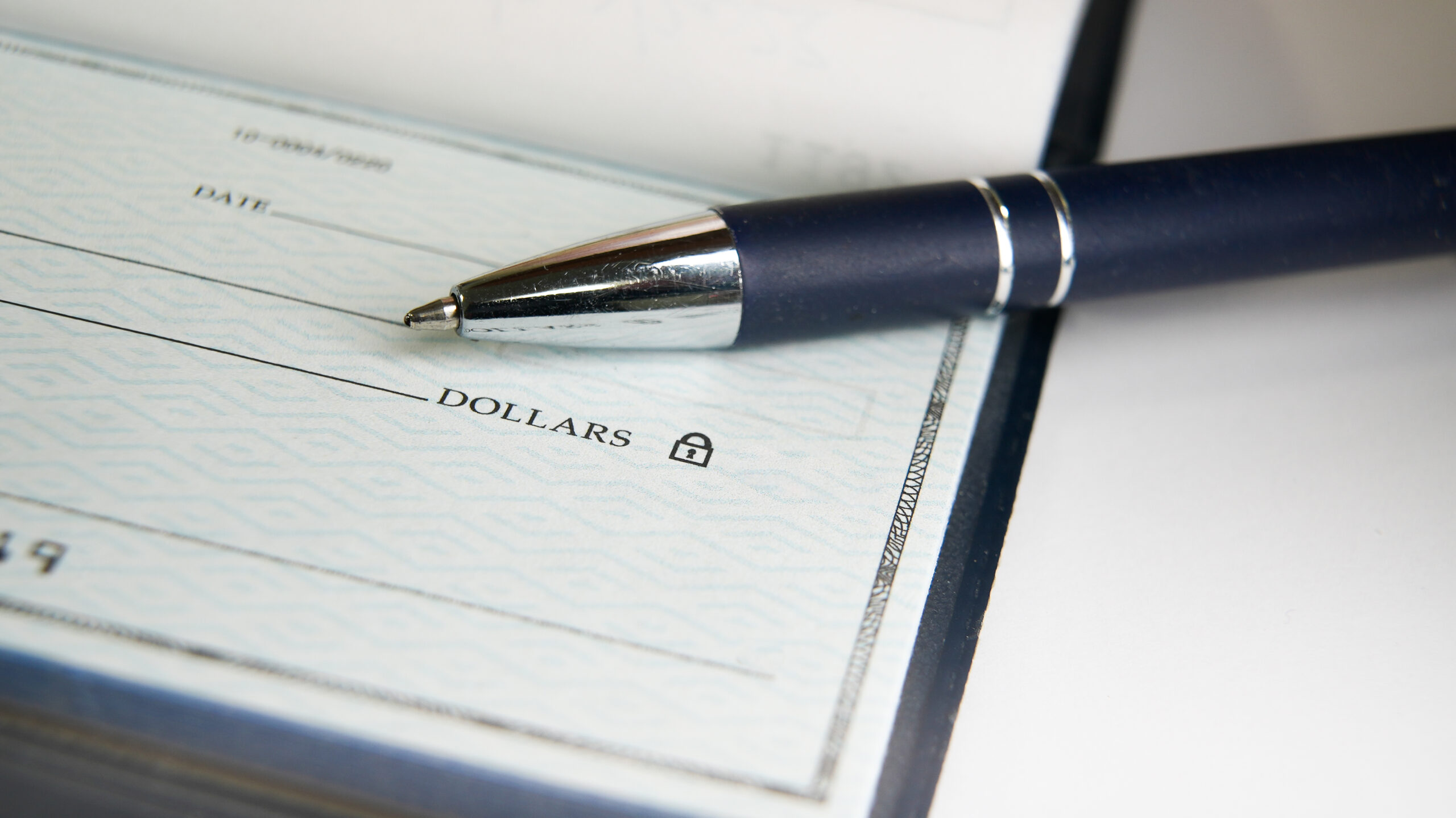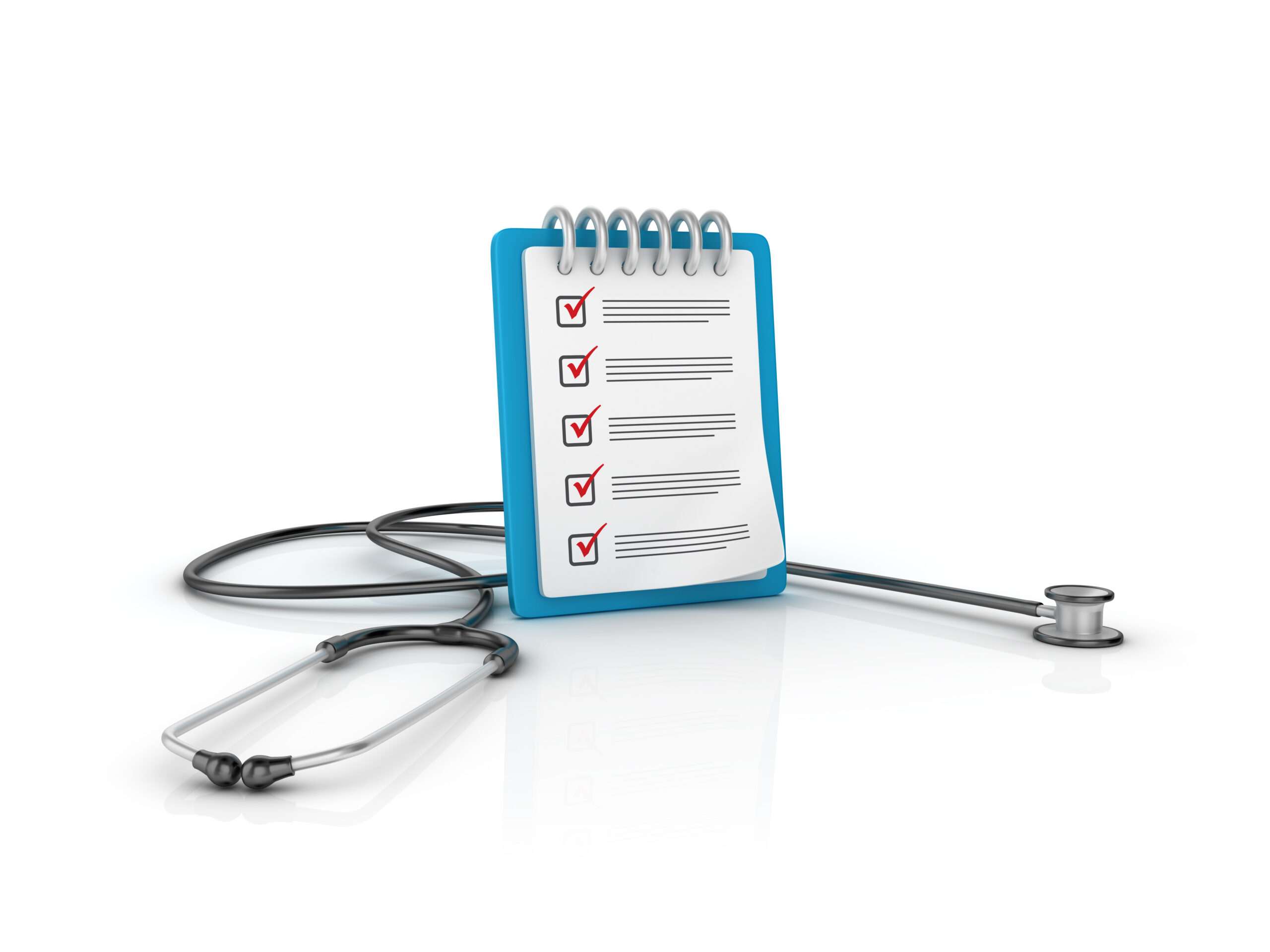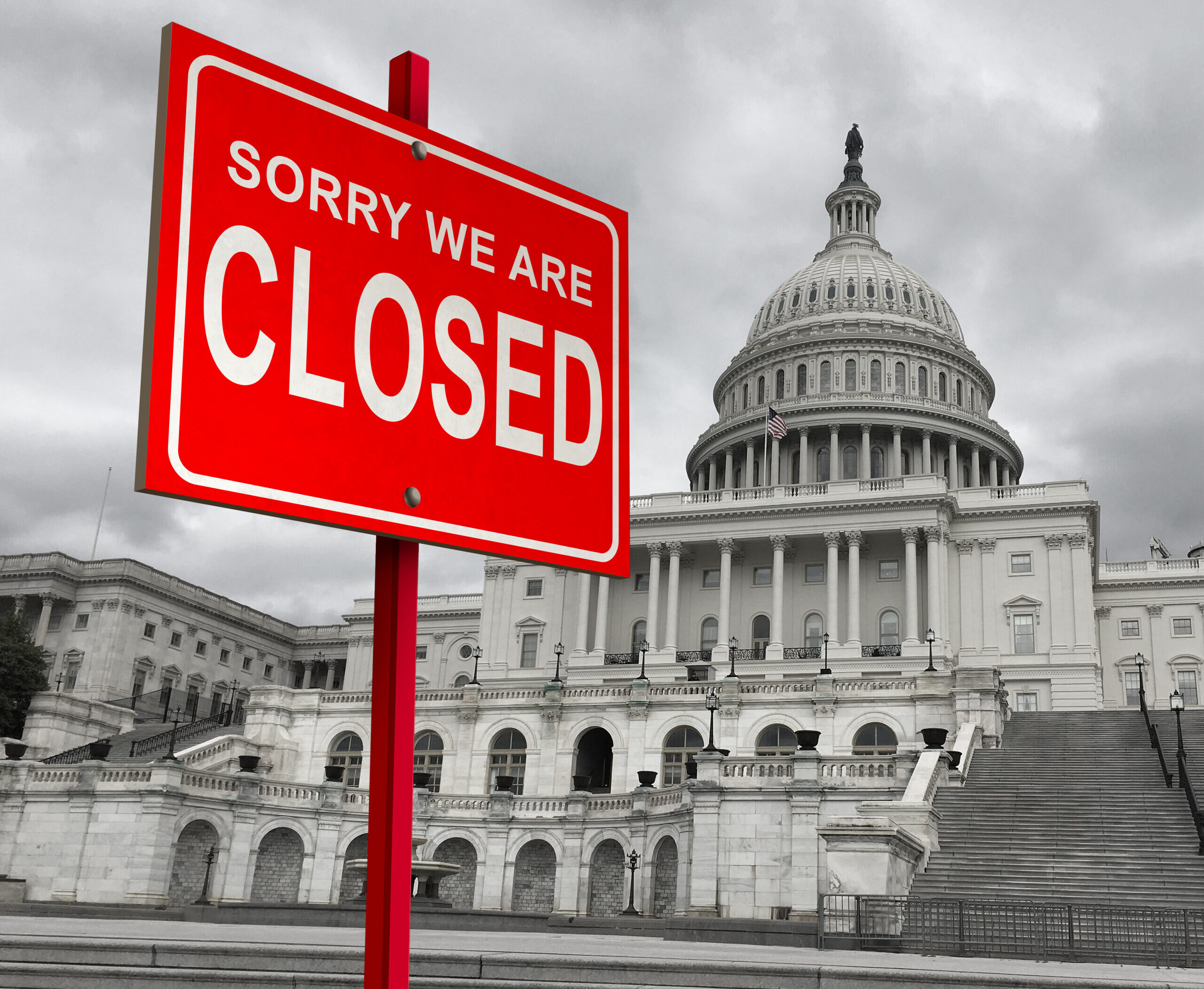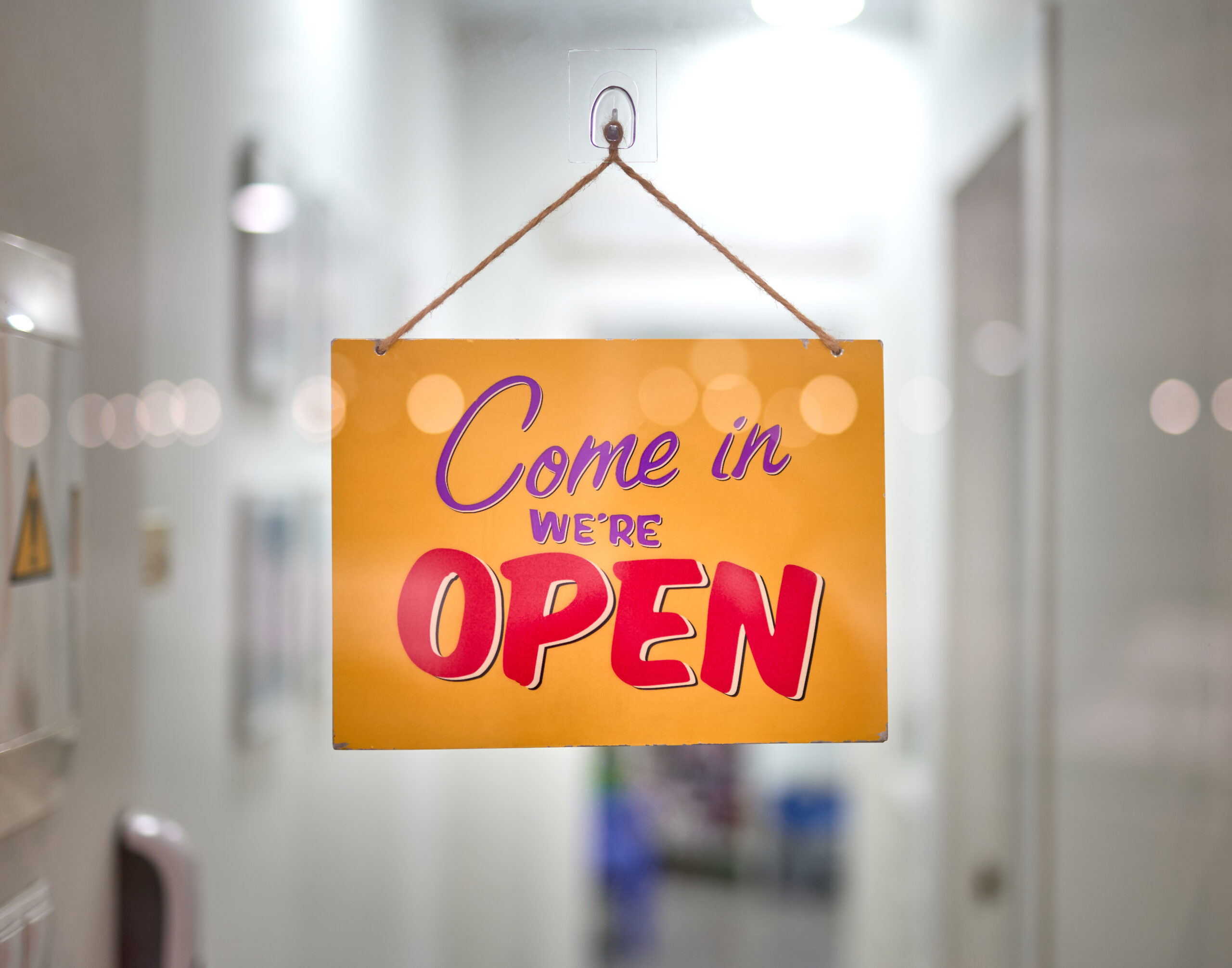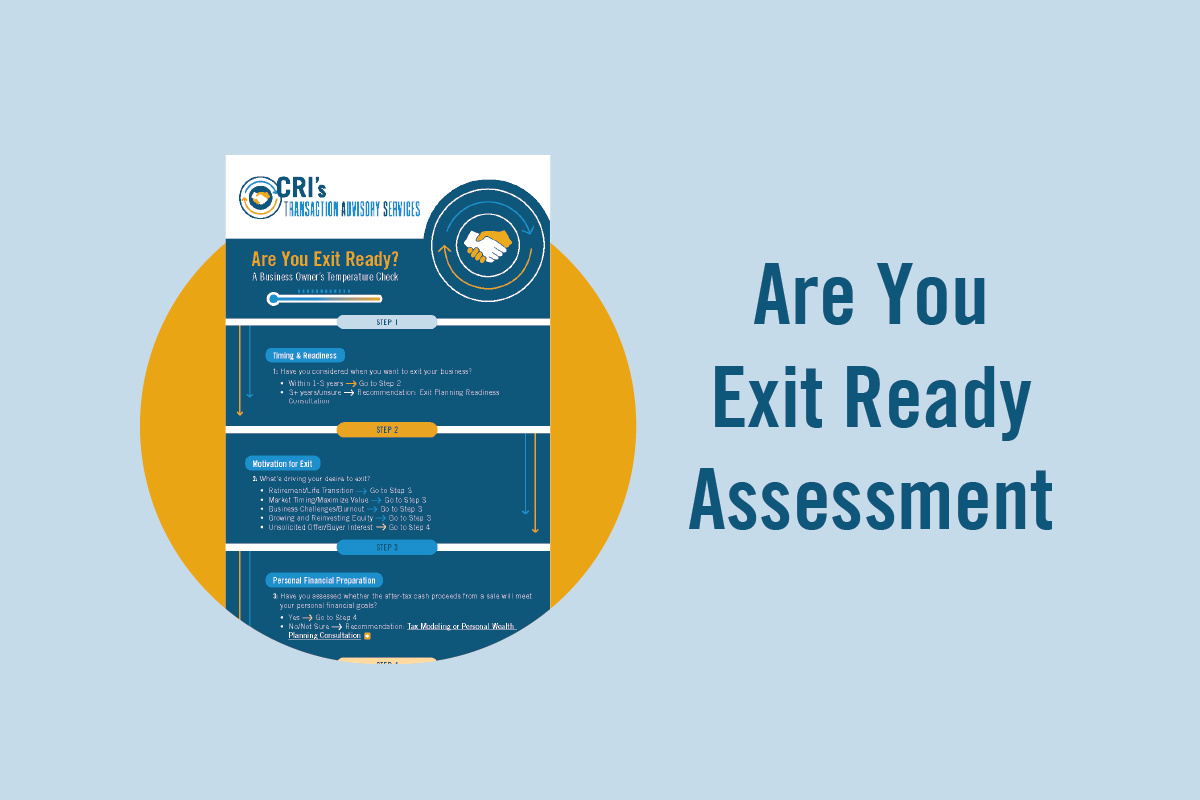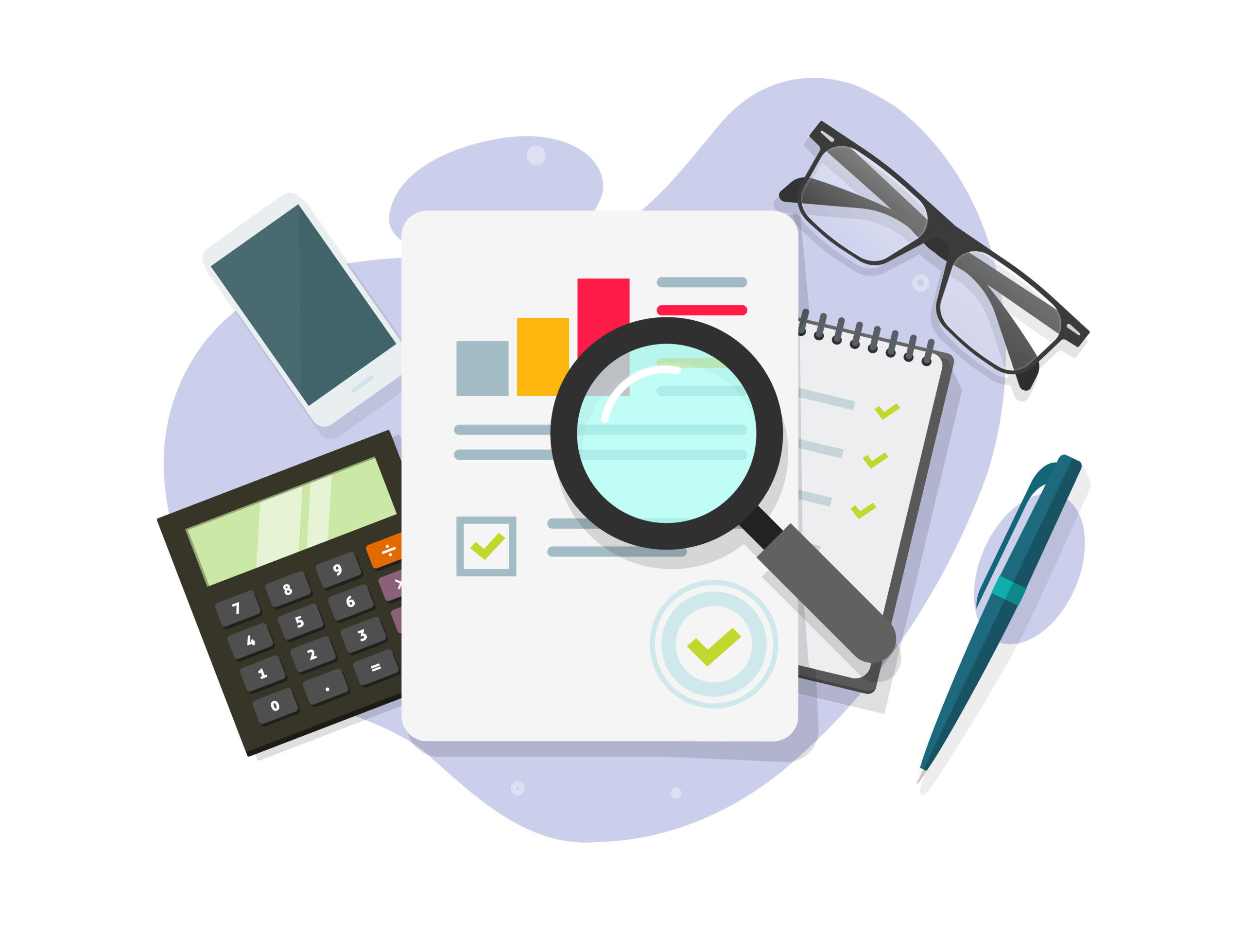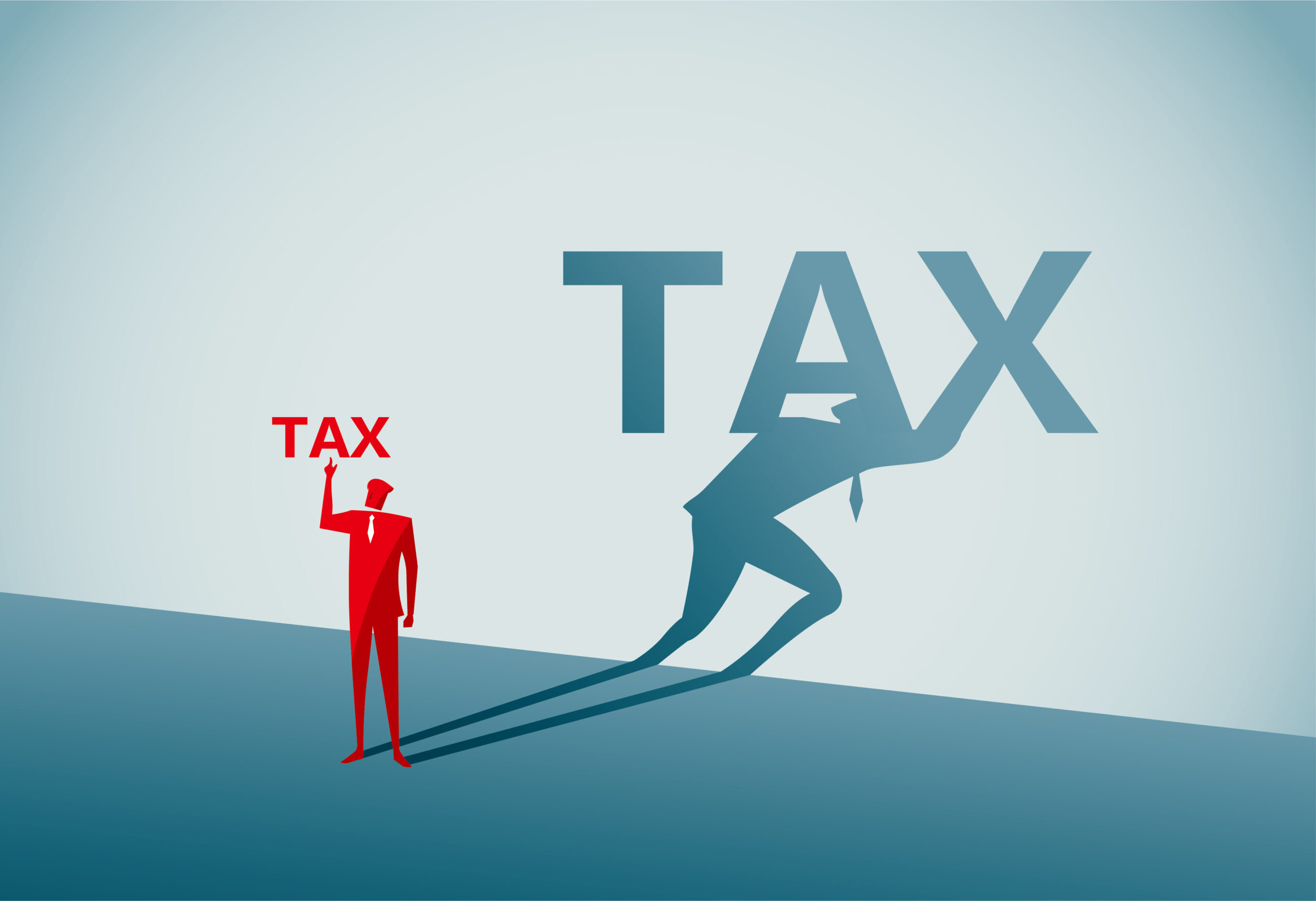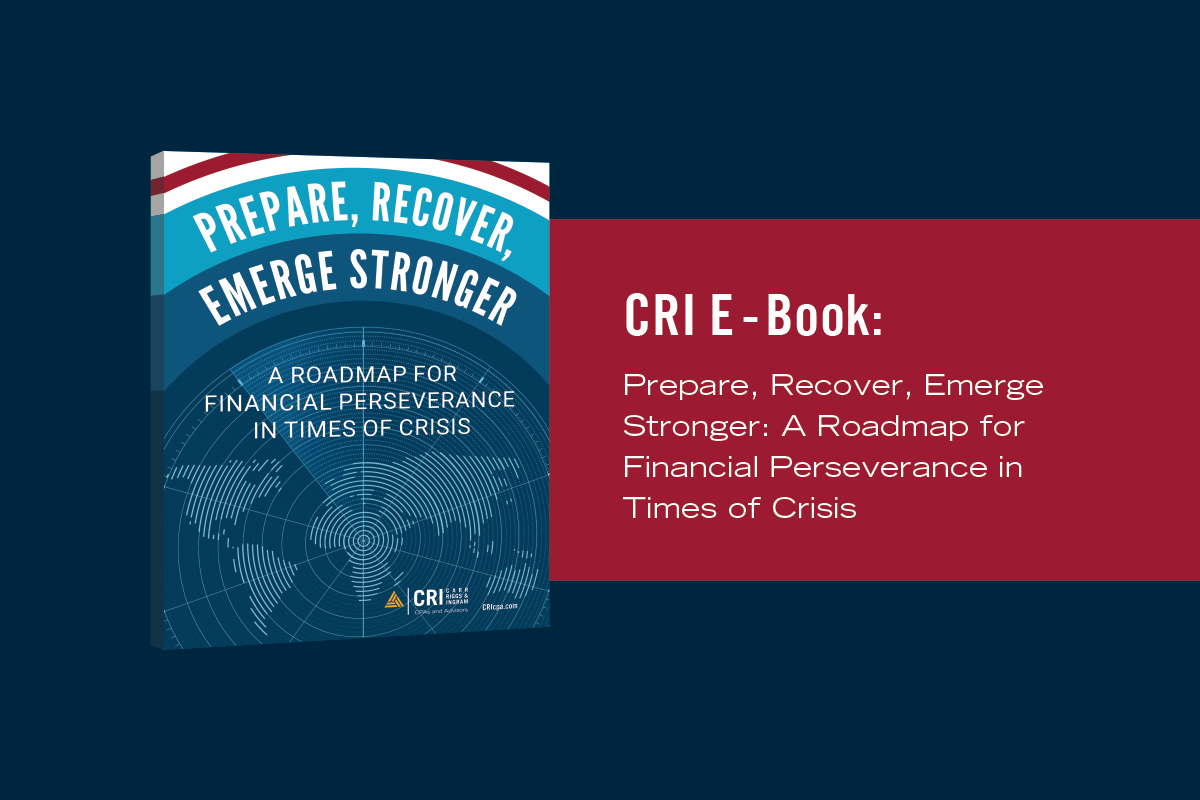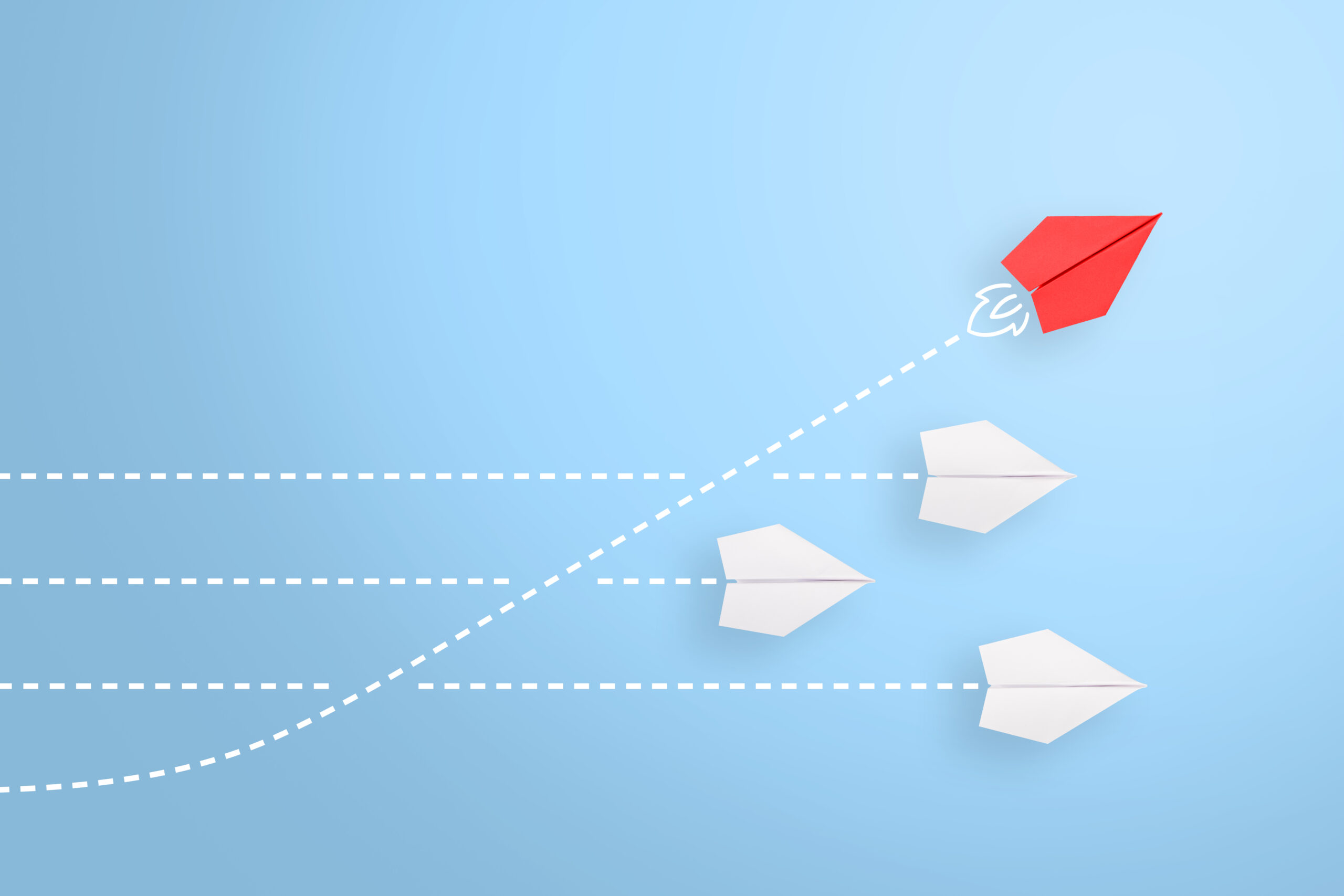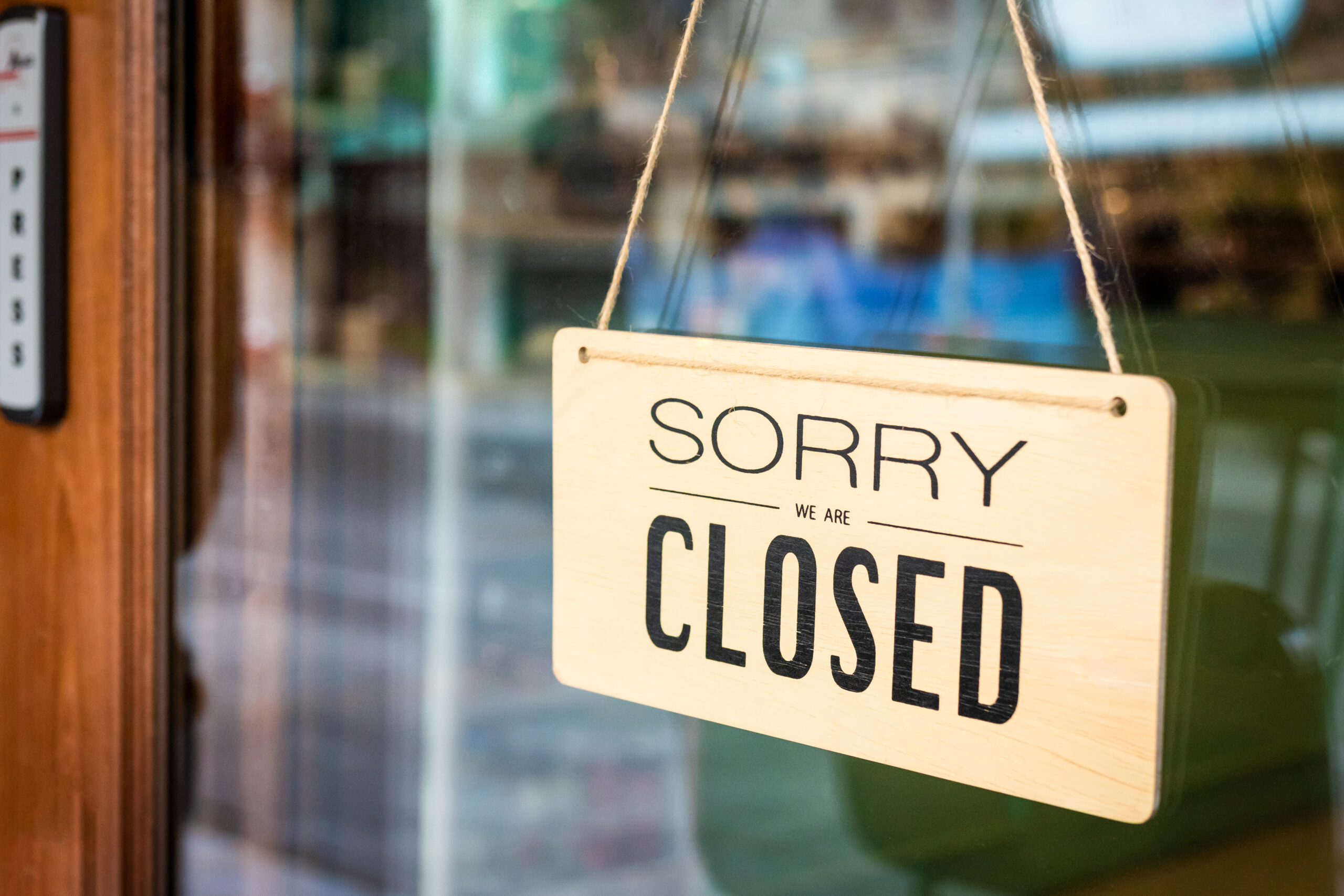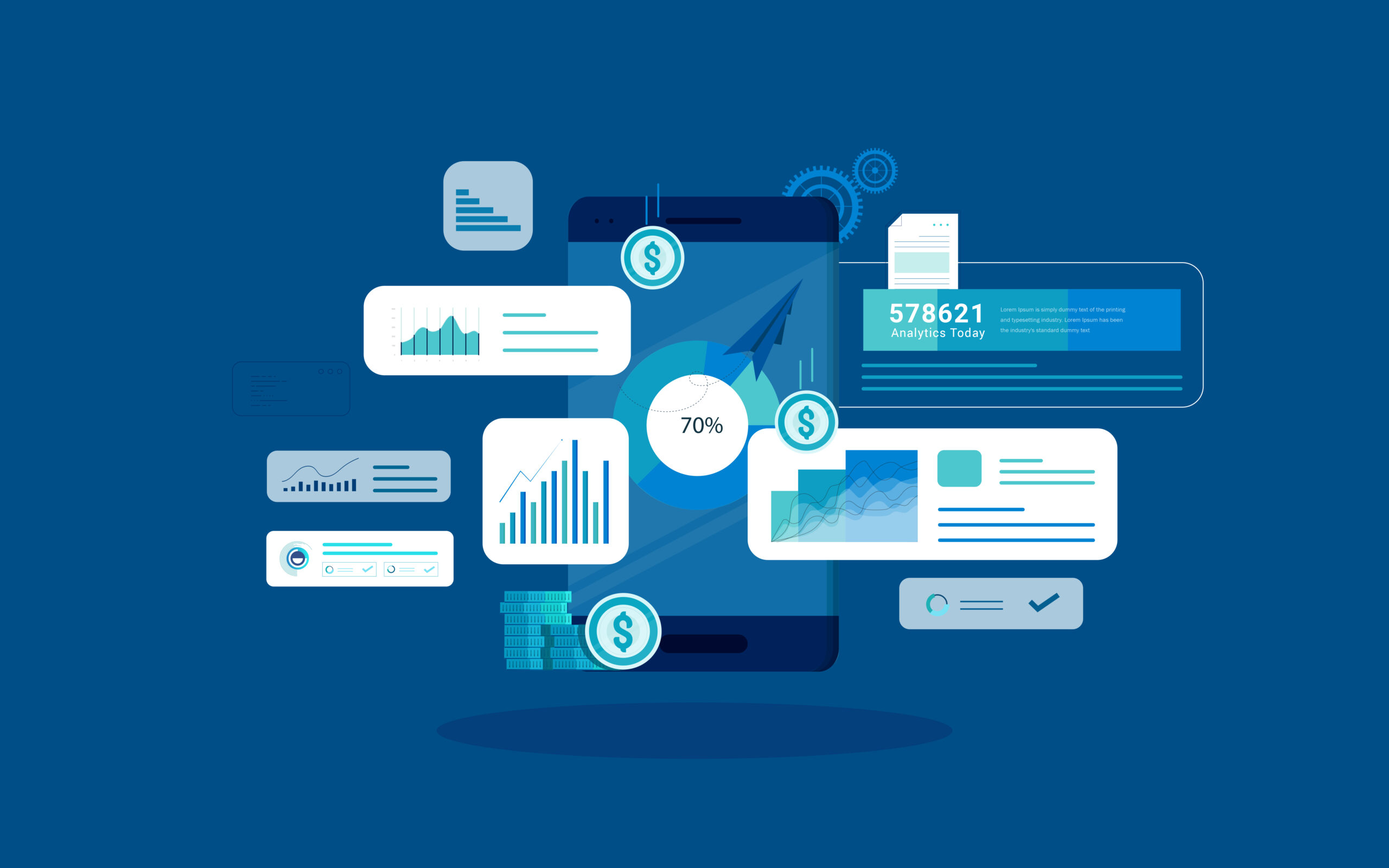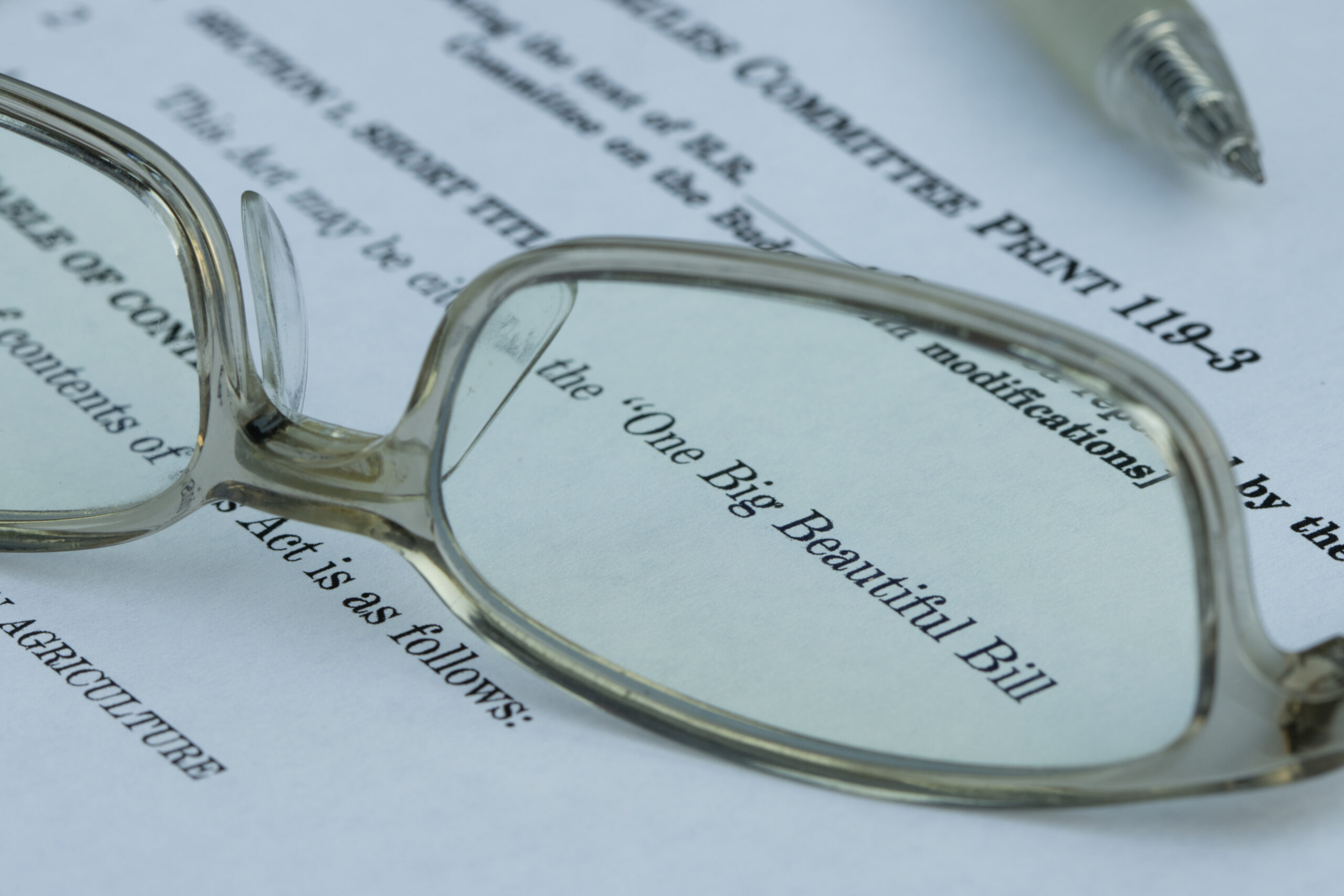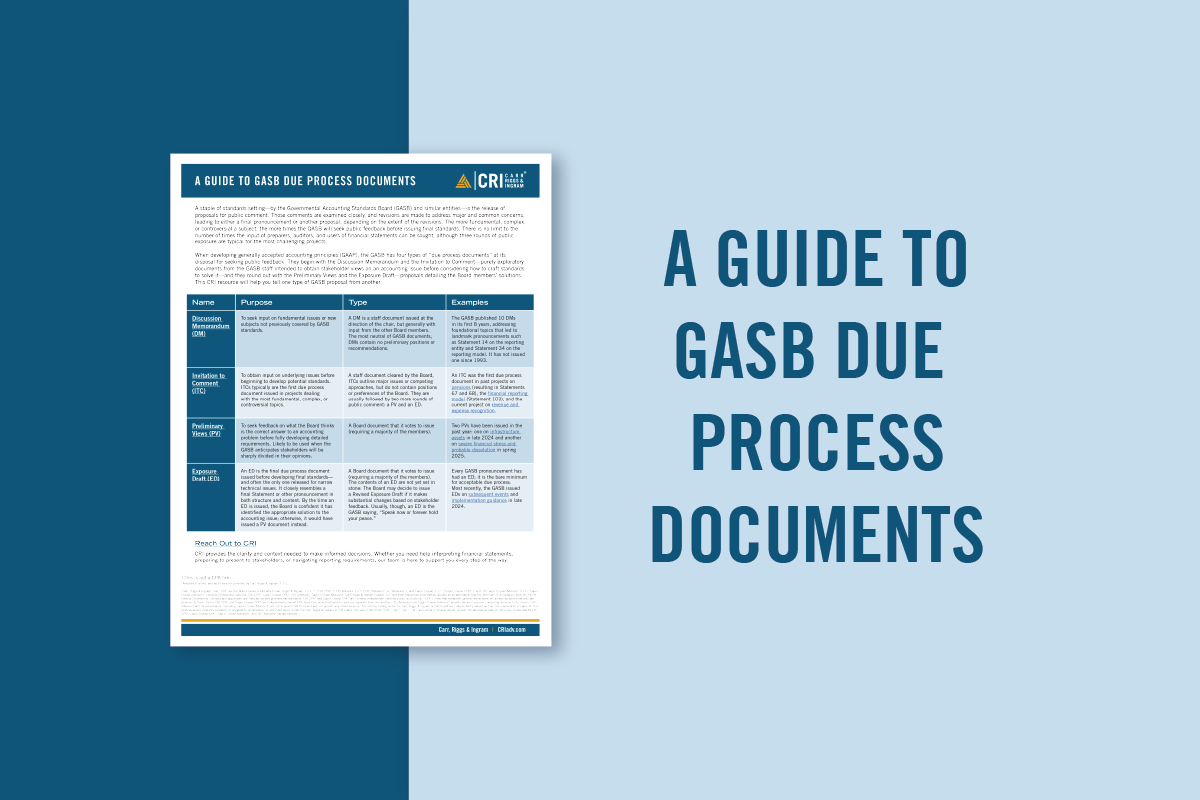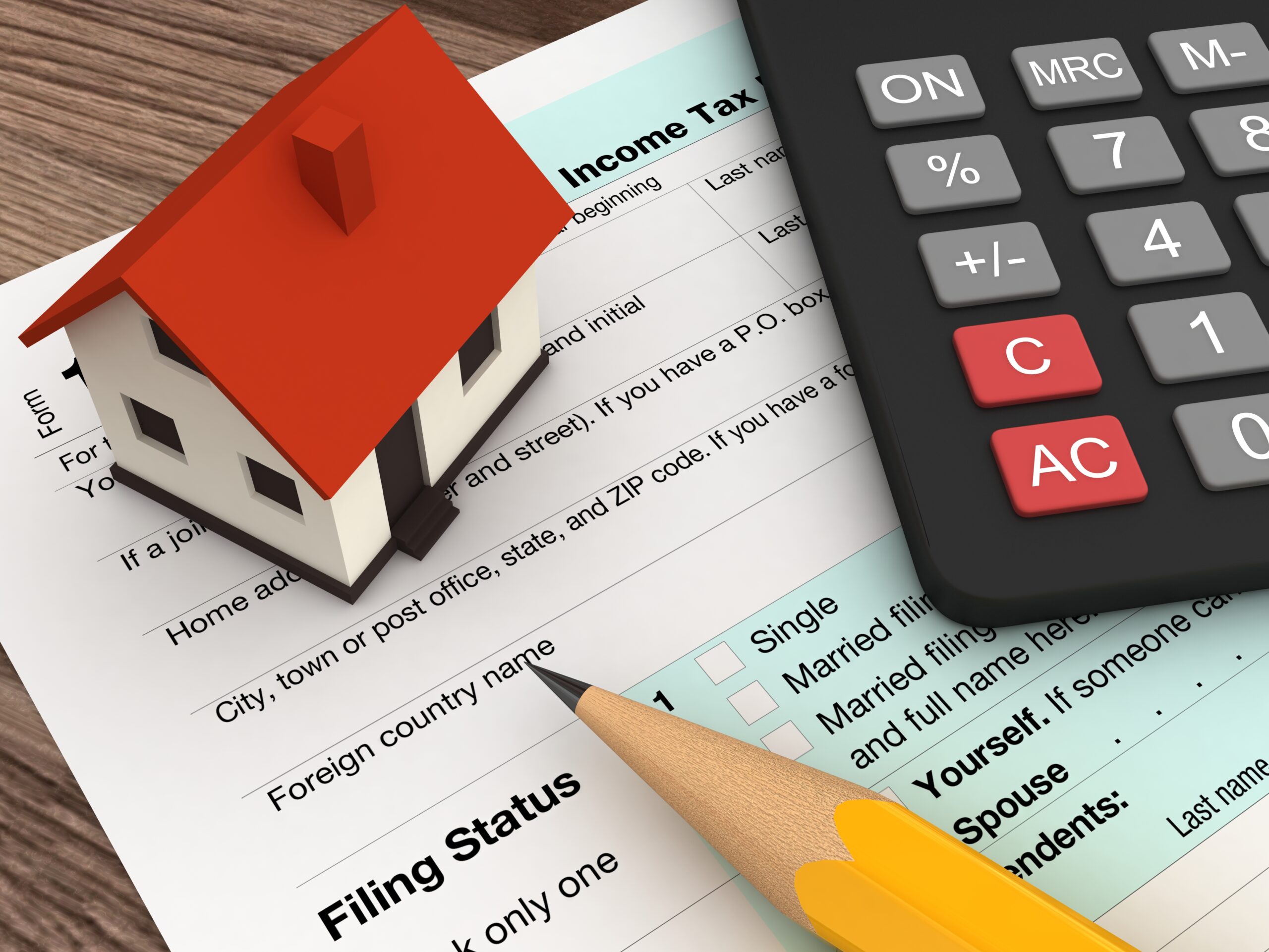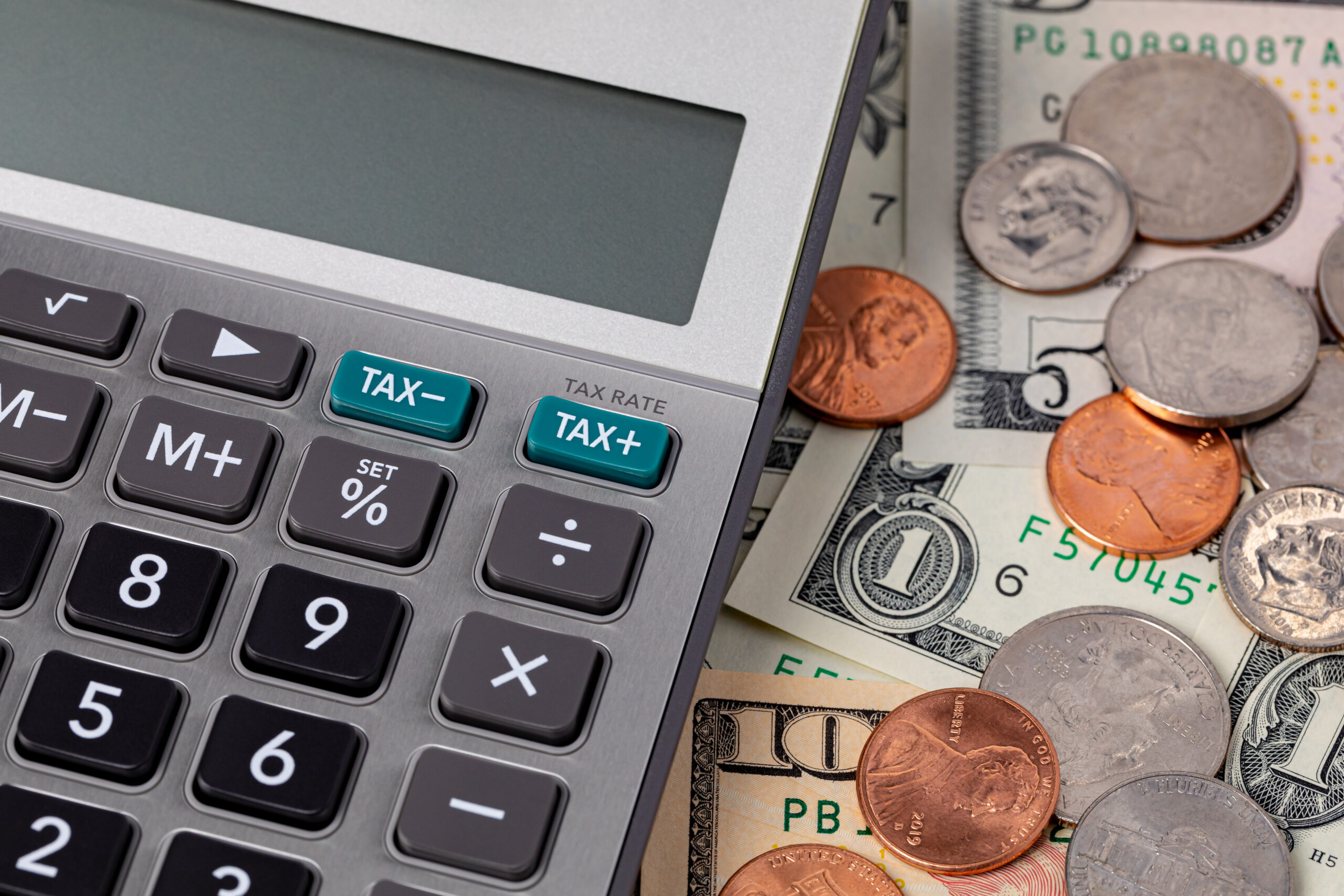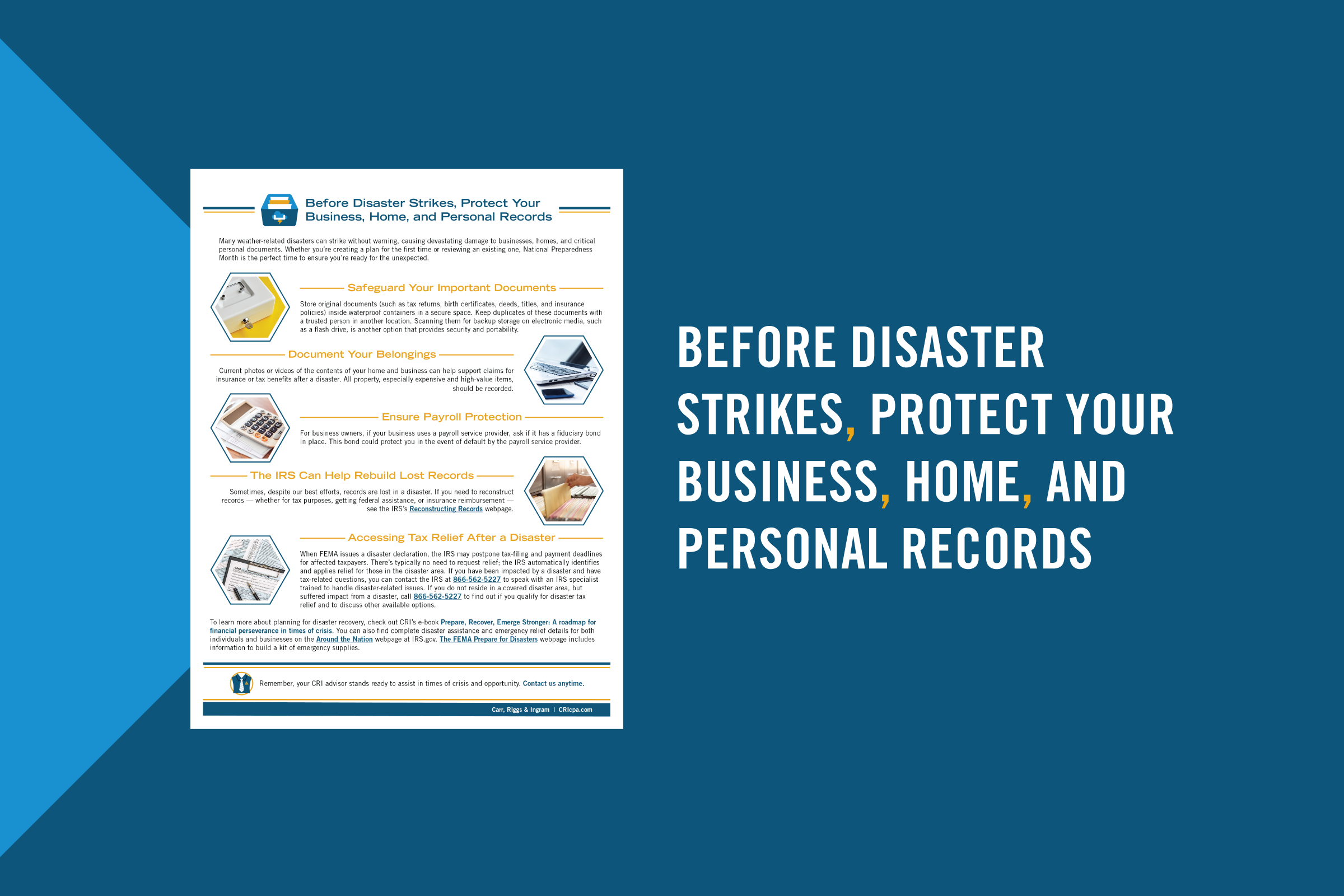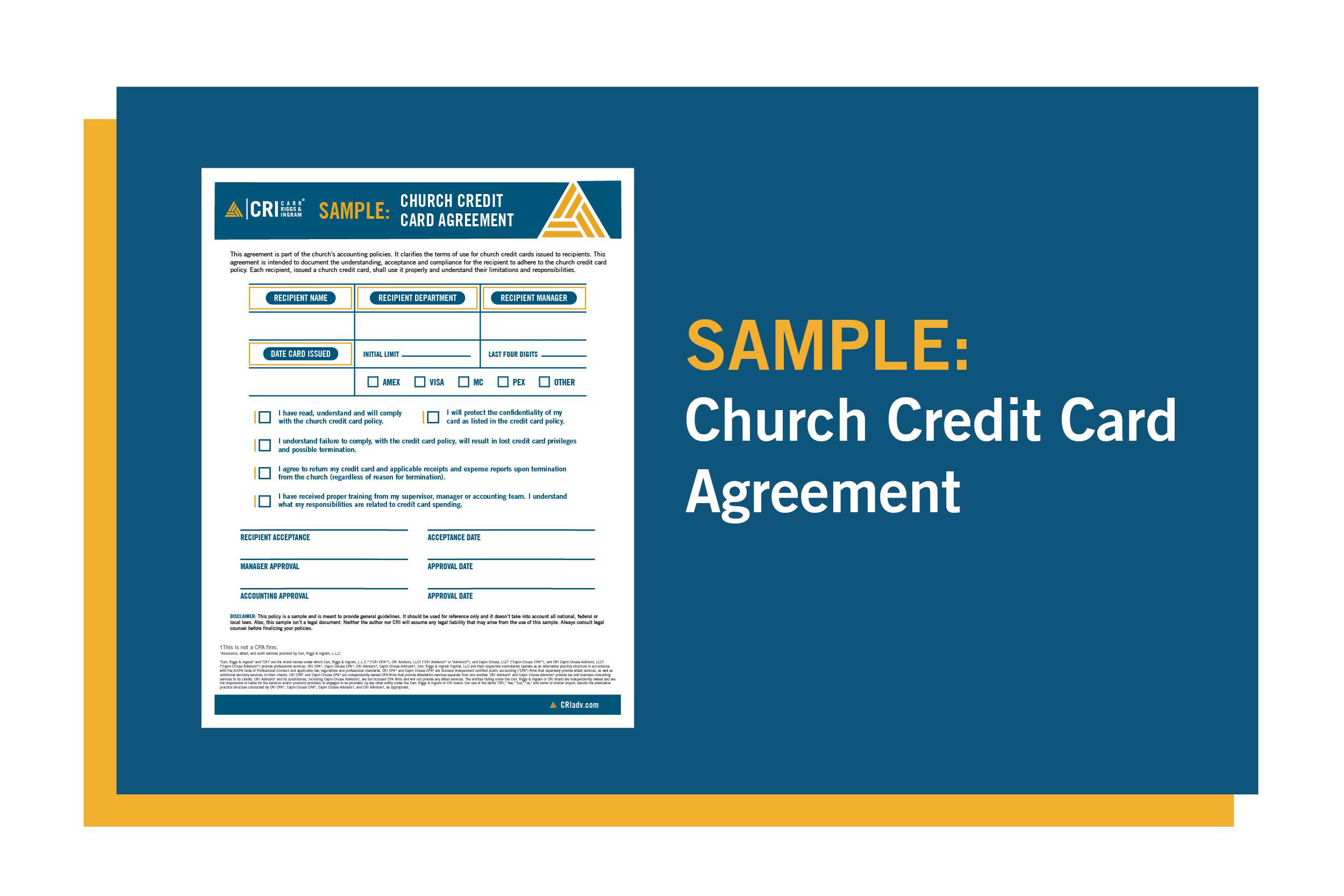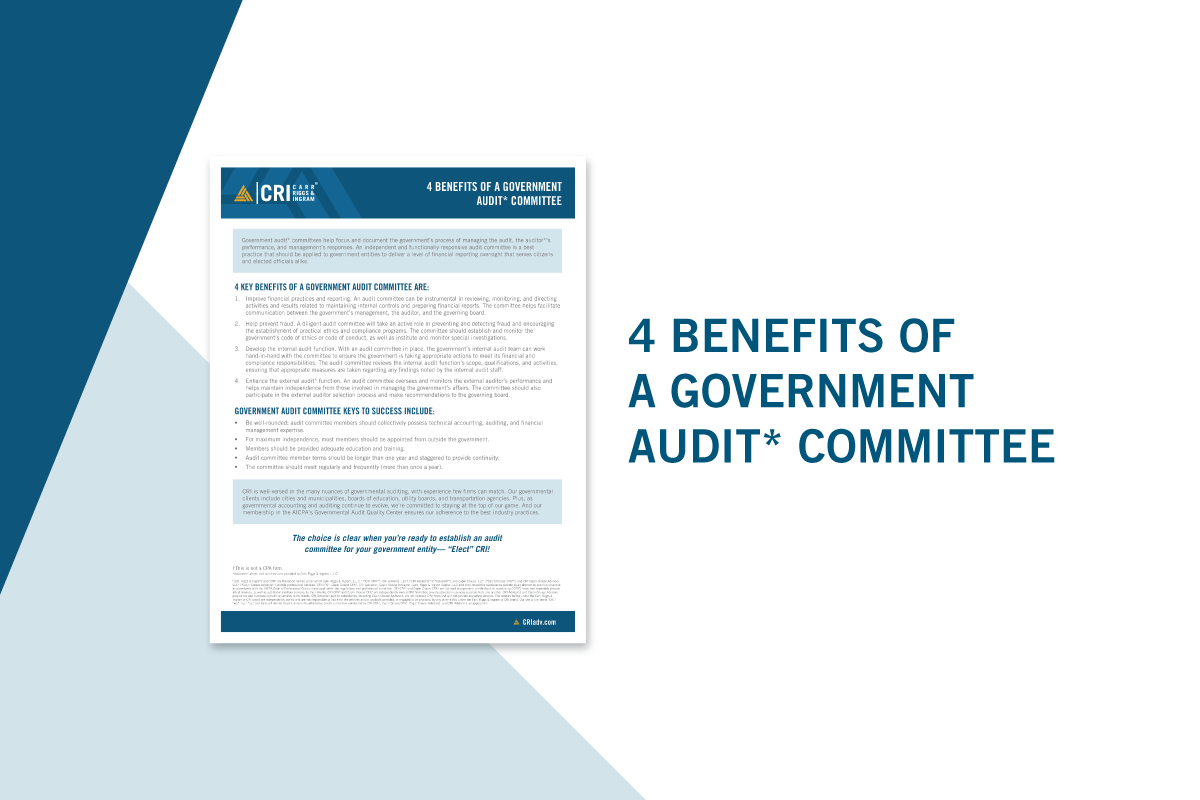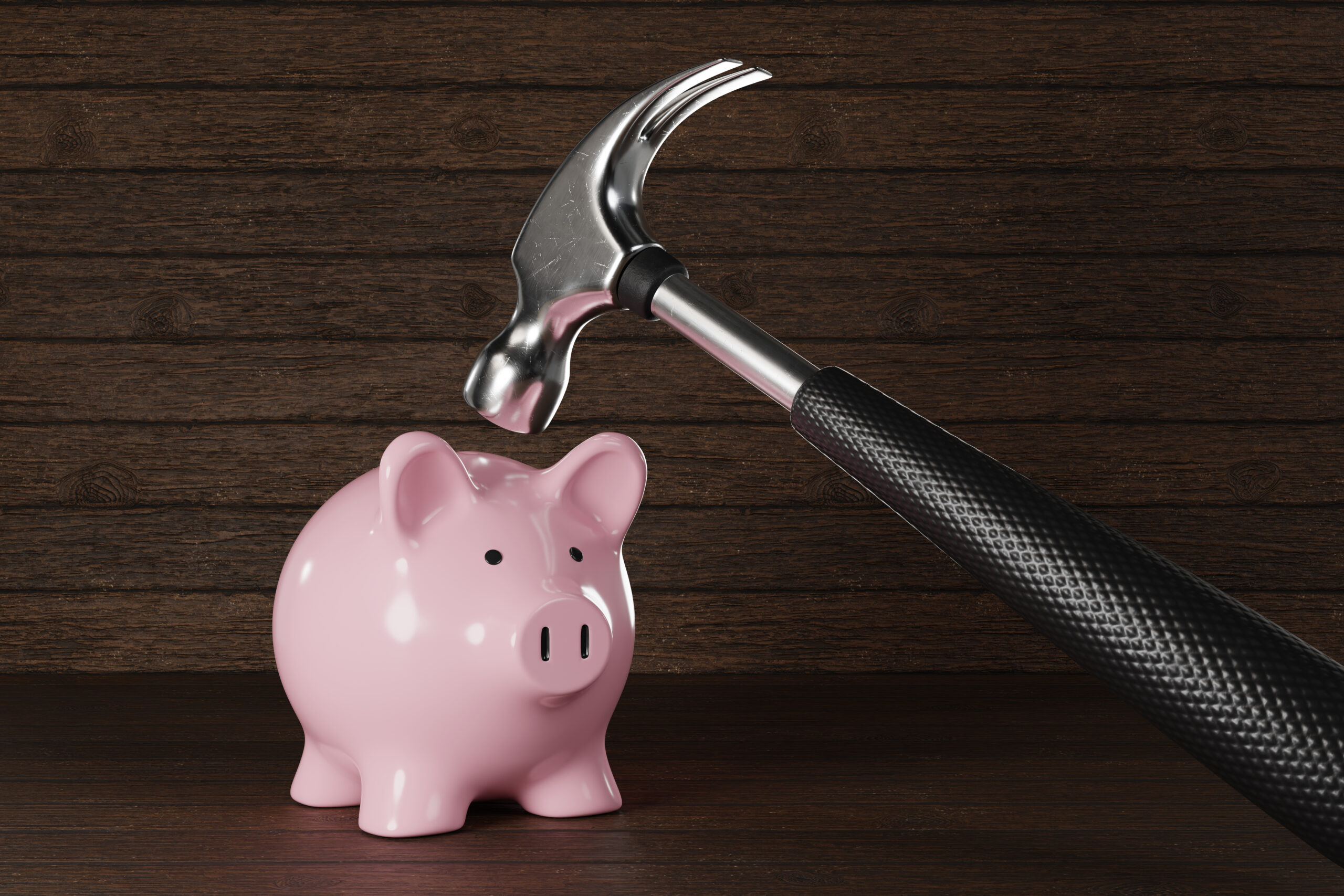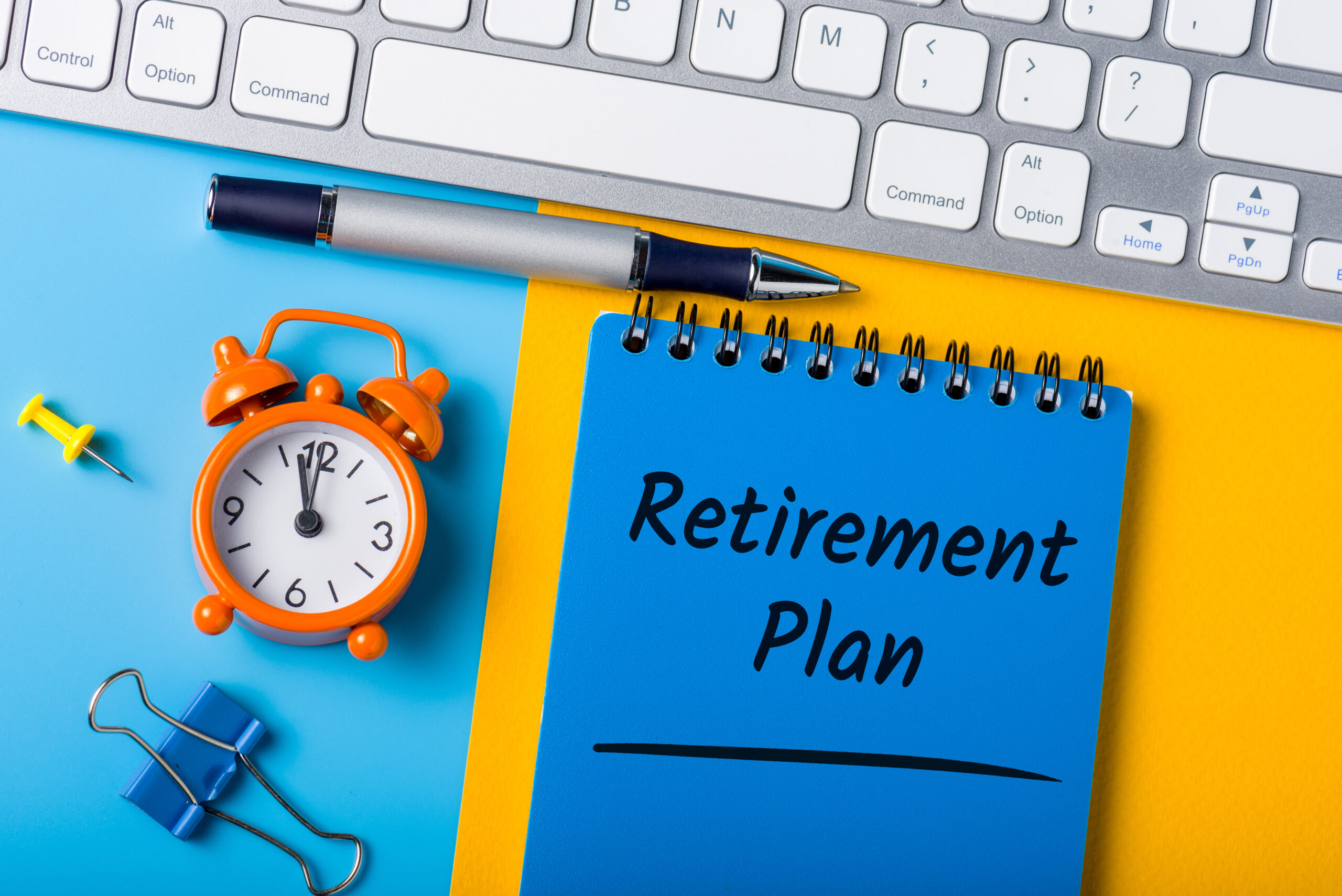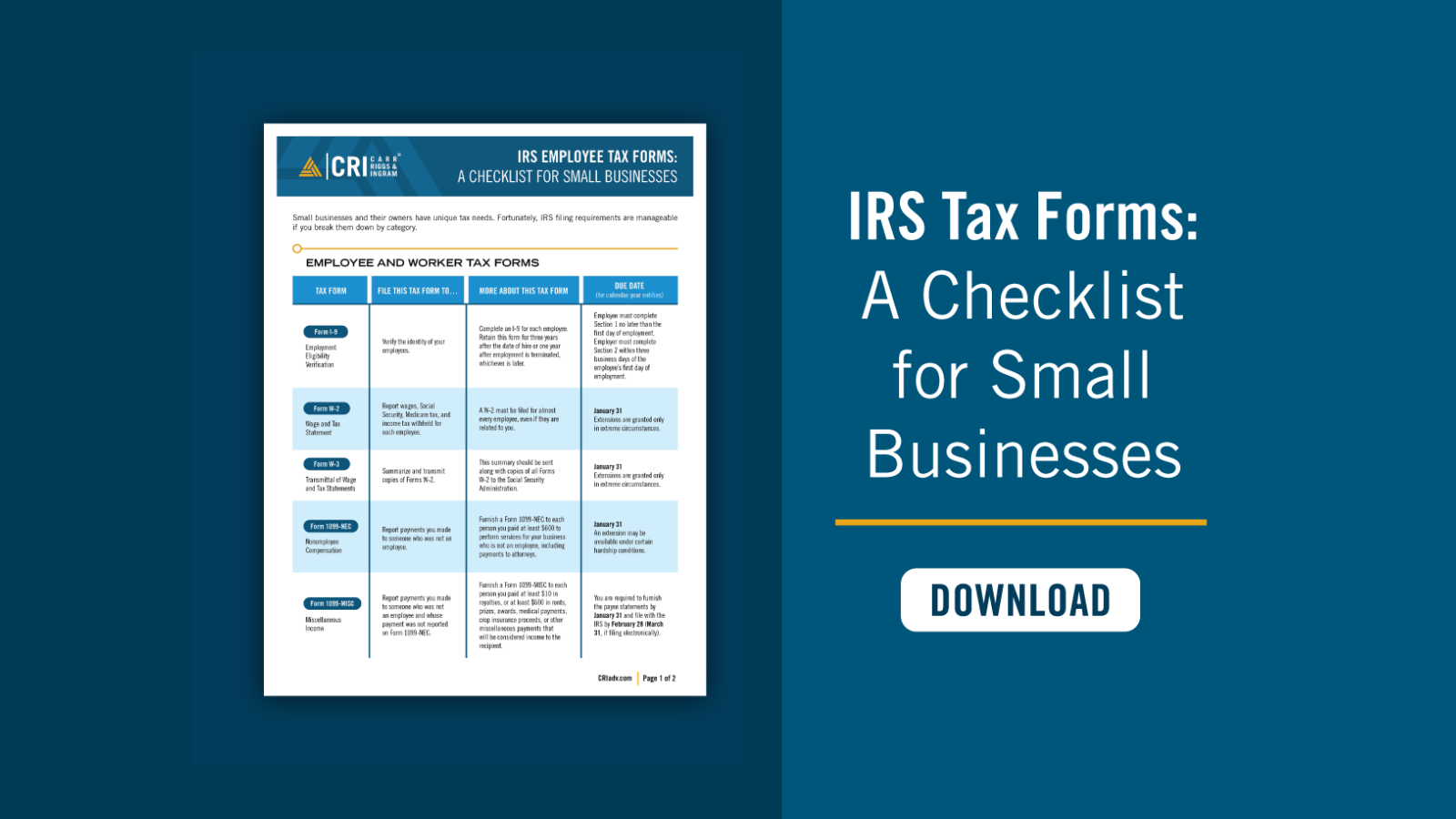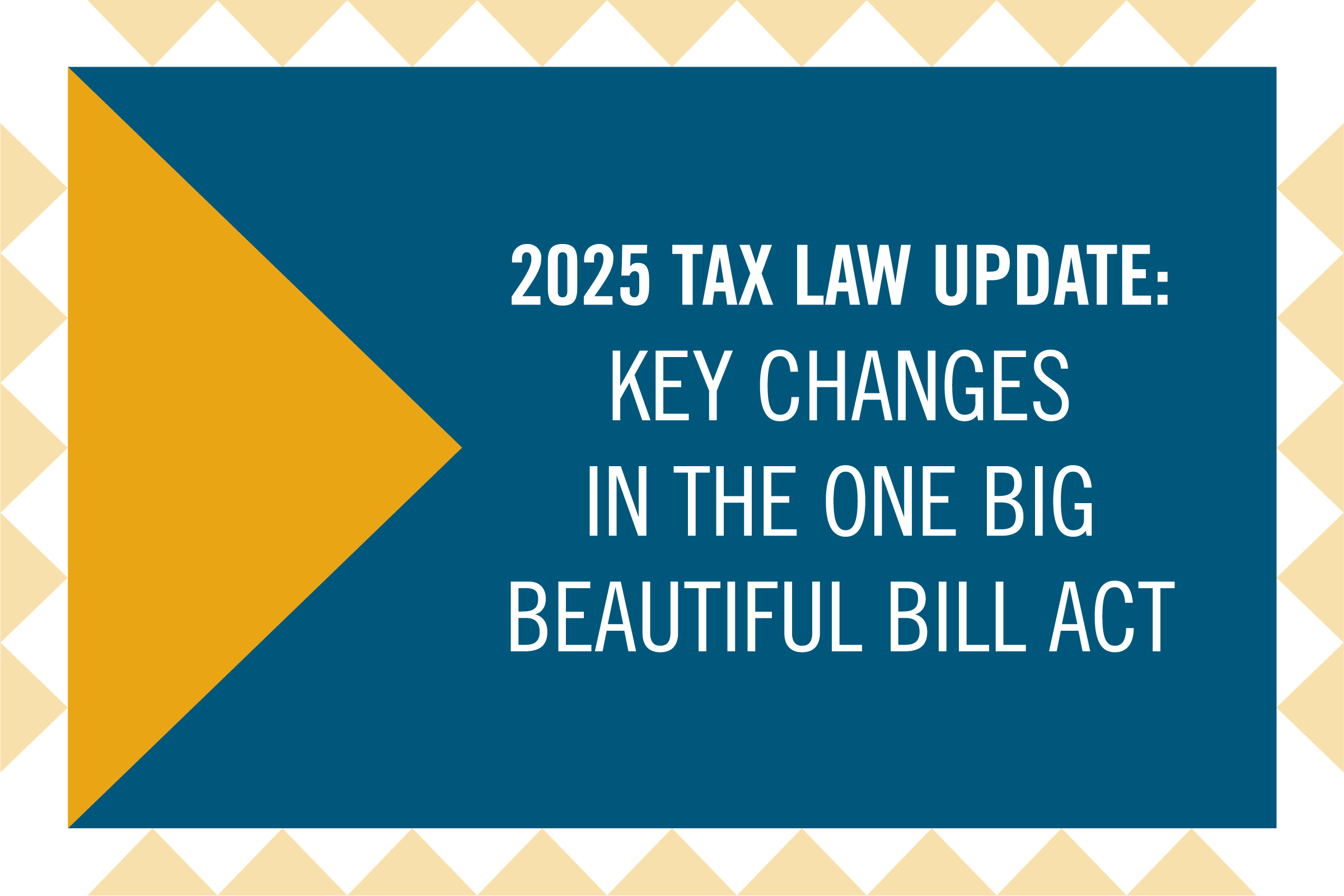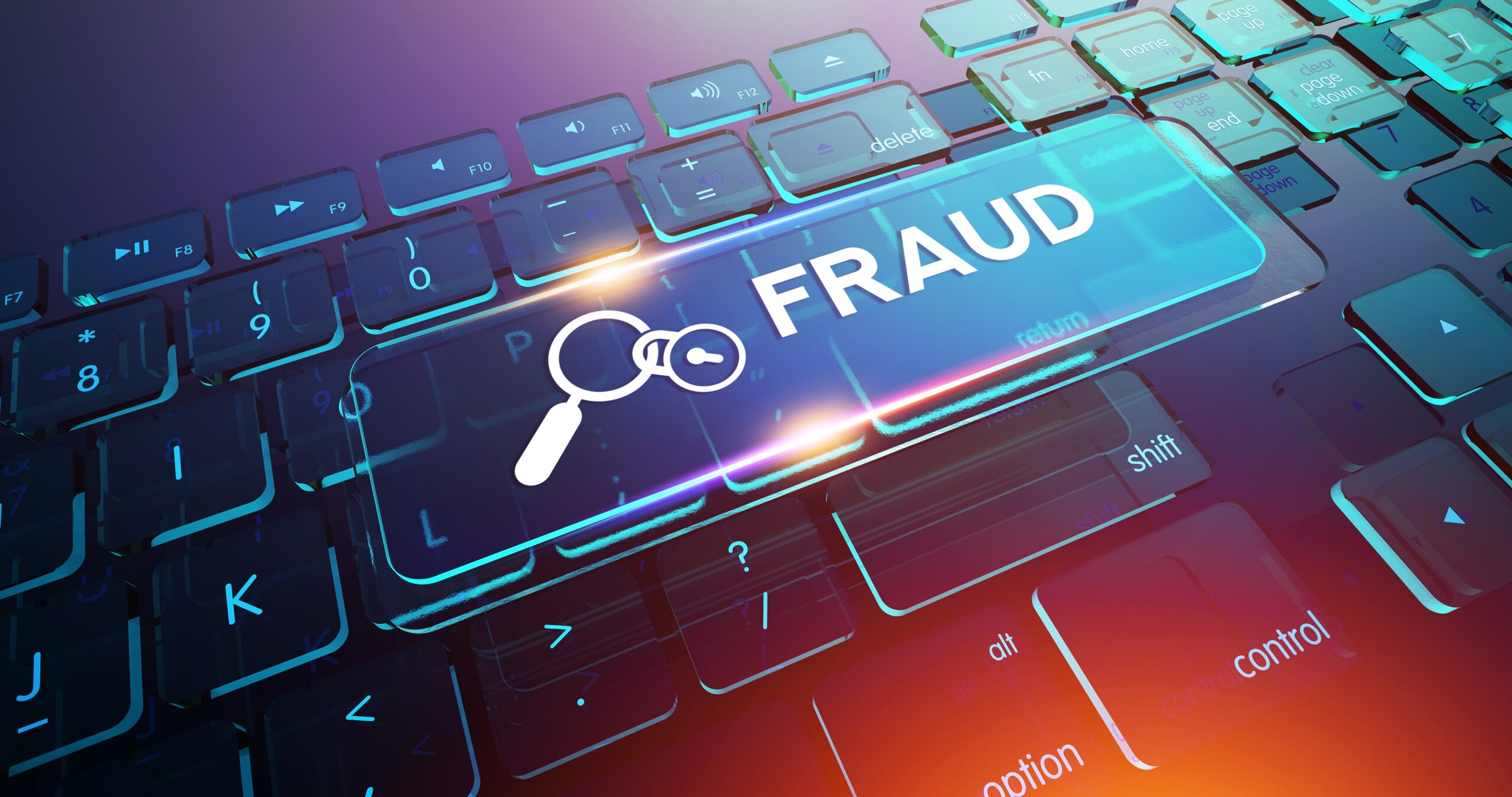The Hidden Advantage: Engaging Forensic Accountants Early in Litigation
- Contributor
- J.P. Tujague
Aug 25, 2025
As an attorney, you know that the success of a case often hinges on effective use of expert witnesses. Nearly all litigation – from breach of contract and construction disputes to personal injury, marital dissolution, or business interruption claims – involves a financial element that must be proven. One key expert you need in your corner is a skilled forensic accountant (aka an economic damages expert). You already rely on them to calculate lost profits, business value, or other damages and to testify to those findings. But in today’s fast-paced, data-heavy legal landscape, engaging forensic accountants earlierin the case can add far more value. Early engagement not only helps capture the right financial data in time but can also save money through a more efficient process. In short, involving a forensic accountant from day one helps you gather better evidence, streamline your case, and improve outcomes for your client.
Engage Early for Better Outcomes
Don’t wait until the eleventh hour. Bringing in a forensic accountant at the earliest stages of a case yields tangible benefits for litigation strategy and results. Early financial analysis can inform whether a claim is worth pursuing at all or guide a client toward a more favorable resolution sooner. For example, a forensic accountant’s preliminary damages evaluation might reveal that a breach-of-contract case has limited recoverable losses, saving your client from “throwing good money after bad” in protracted litigation. On the flip side, if the potential damages are significant, an expert’s early input equips you to negotiate from a position of strength.
Studies show that a well-supported damages analysis can encourage earlier and higher-value settlements – insurers and opposing parties take a claim more seriously when confronted with a robust financial case backed by evidence. By engaging the expert early, you give them time to build a compelling damages narrative and uncover key financial facts, which strengthens your legal position long before trial. Waiting too long can lead to weaker evidence, lower settlement offers, lengthier litigation, and unhappy clients. In a nutshell, early forensic accounting support often translates to faster resolutions and better financial outcomes for your clients.
Beyond the Report: Strategic Support Throughout Litigation
Forensic accountants provide far more than an expert report and subsequent testimony. When involved early, they become an integral part of the litigation team, contributing at each phase of the case. The key roles and services a forensic accountant can offer beyond just crunching numbers include:
- Early Case Assessment & Feasibility: In the first days of case development, a forensic accountant can evaluate the financial merits of the claim. They can help you determine if pursuing litigation makes economic sense for you and/or your client by estimating potential damages or uncovering financial weaknesses in the case. This objective analysis can influence a go/no-go decision or shape the initial case strategy.
- Discovery Planning & Data Gathering: Forensic experts are invaluable in crafting effective discovery requests and interrogatories for financial information. Based on the nature of the case, they know what documents, databases, or ledgers to ask for. In complex cases with voluminous records, they ensure you request the right data early on. If you wait until late in discovery to bring them in, you may miss the window to obtain records that are pivotal to proving damages.
- Document Management & Analysis: As documents are produced, a forensic accountant helps make sense of massive data dumps. Tens of thousands of pages of financial statements, invoices, bank records, emails, and spreadsheets can overwhelm any legal team. Forensic accountants – essentially “financial detectives” – are trained to sift through these records to find the meaningful numbers and patterns. They use their investigative intuition and specialized tools to spot anomalies, trace transactions, and piece together the financial story behind the dispute. Often, after your paralegals or associates have done an initial review, the forensic expert will still unearth substantive findings the legal team didn’t realize were there.
- Mediation & Settlement Support: Given that the majority of cases settle before reaching trial, having your forensic accountant involved prior to mediation or arbitration provides a significant edge. As a consultant in mediation or settlement talks, the forensic accountant can run damage scenarios under different assumptions, helping you evaluate offers and decide when a deal is fair. They can also pinpoint weaknesses in the opposing side’s damages analysis to bolster your negotiating position (for instance, noting that the opposing expert overestimated lost sales or had flaws in their approach). With solid financial evidence in hand, you and your client can approach mediation armed with credible numbers, often encouraging the other side to come to a reasonable settlement.
- Deposition and Trial Preparation: When it comes to deposing the opposing party’s CFO or cross-examining the other side’s damages expert, a forensic accountant on your team is invaluable. They know the accounting standards and calculation methods that underlie expert opinions, and they can flag inconsistencies or errors in the opposition’s analysis or approach. Engage your forensic consultant to help you identify key financial information needed and formulate tough questions for depositions of financial witnesses. The forensic accountant can also sit in on depositions of financial witnesses to help interpret complex answers on the fly and suggest follow-up questions.
- Expert Testimony and Storytelling: Ultimately, if the case proceeds to trial, a forensic accountant’s value as a testifying expert is amplified by the groundwork laid early on. Seasoned forensic accountants don’t just recite numbers – they tell the financial story of the case in a compelling and easily understandable way. They will trace the chronology of events and transactions, highlight key players and financial turning points, and use simple explanations to connect the dollars to the legal issues. Importantly, modern forensic experts often bring visual aids – charts, graphs, timelines – to illustrate their findings, knowing that visuals can and bridge the gap for jurors who don’t speak “numbers” resulting in compelling, credible and well-supported testimony. By working hand-in-hand with your expert from the beginning, you ensure that by the time they take the stand, their opinions are rock-solid and their presentation resonates with the fact finder.
Selecting the Right Forensic Accounting Expert
Early engagement only pays off if you have the right expert on board. What should you look for when choosing a forensic accountant to assist in litigation?
- Relevant Experience and Credentials: Seek a forensic accountant who has a strong track record in the type of dispute you’re handling. Key certifications (CPA, CFF – Certified in Financial Forensics, CFE – Certified Fraud Examiner, etc.) and an active litigation practice are good indicators of expertise. Ideally, find someone accustomed to testifying in court, with demonstrated ability to withstand cross-examination and Daubert challenges. An expert who has testified multiple times (and perhaps even taught CLEs or written on damages) will bring confidence and credibility to your case.
- Analytical and Technological Skills: Modern cases demand data proficiency. An effective forensic accountant should be adept with spreadsheets, database tools, and preferably newer analytics or visualization software. If your case involves large data sets or specialized industries (e.g. an unfair trade practices claim with big data on consumer transactions), ensure the expert has the capability to handle that. In short, ensure your expert will not be overwhelmed by the volume or complexity of information and has a systematic approach to distill complex data into clear insights.
- Communication Skills: The best forensic analysis means little if it can’t be clearly communicated. Look for an expert who can boil down complex financial concepts into plain English. You want someone who can write a concise, comprehensible expert report and also tell a compelling story in the witness box. During interviews, take note of whether the expert explains their initial thoughts in a straightforward manner or lapses into jargon. A good forensic accountant will be engaging and able to educate without causing drowsiness. Their ability to simplify and use relatable explanations or visuals is crucial, especially when jurors may not have any finance background.
- Collaboration and Independence: Ideally, your forensic accountant becomes a true partner in the litigation process – working in sync with your legal team, meeting deadlines, and being responsive to case developments while maintaining the independence required of an expert witness. A professional expert welcomes input on what areas you consider important but will also candidly tell you if the numbers don’t support your theory. This balance of teamwork and integrity is what you need. Ask for references or talk to colleagues about an expert’s working style: were they accessible and proactive? Did they stay within budget and communicate scope changes? An expert who is engaged from the start and keeps lines of communication open is far more effective than one brought in late or kept siloed.
By carefully selecting a forensic accountant with the right experience, tech know-how, clarity, and collaboration skills, you set the stage to reap the full benefits of their early involvement.
Don’t Leave Money on the Table
In today’s litigation environment, involving a forensic accountant early is not just a value-add – it’s often the difference between a mediocre outcome and a great one. By proactively using their financial expertise at the outset, you can identify case strengths and weaknesses sooner, gather the crucial evidence, and formulate a winning strategy while there’s still time to adjust course. On the flip side, waiting too long to engage a forensic accountant can mean missing key data or insights that would have bolstered your case, potentially leaving money on the table in terms of recoverable damages.
Bottom line: Forensic accountants are an essential part of the modern trial team. Their ability to quantify losses, unravel financial puzzles, leverage technology, and clearly tell the financial story can make your case stronger at every stage. By hiring and integrating these experts early, you not only strengthen your client’s position—you also litigate more efficiently and intelligently.
In an era of big data and high-stakes disputes, that early financial insight is a competitive advantage you can’t afford to miss. Contact your CRI advisor today to discuss how our forensic accounting team can support your litigation strategy and help you build a stronger case.

